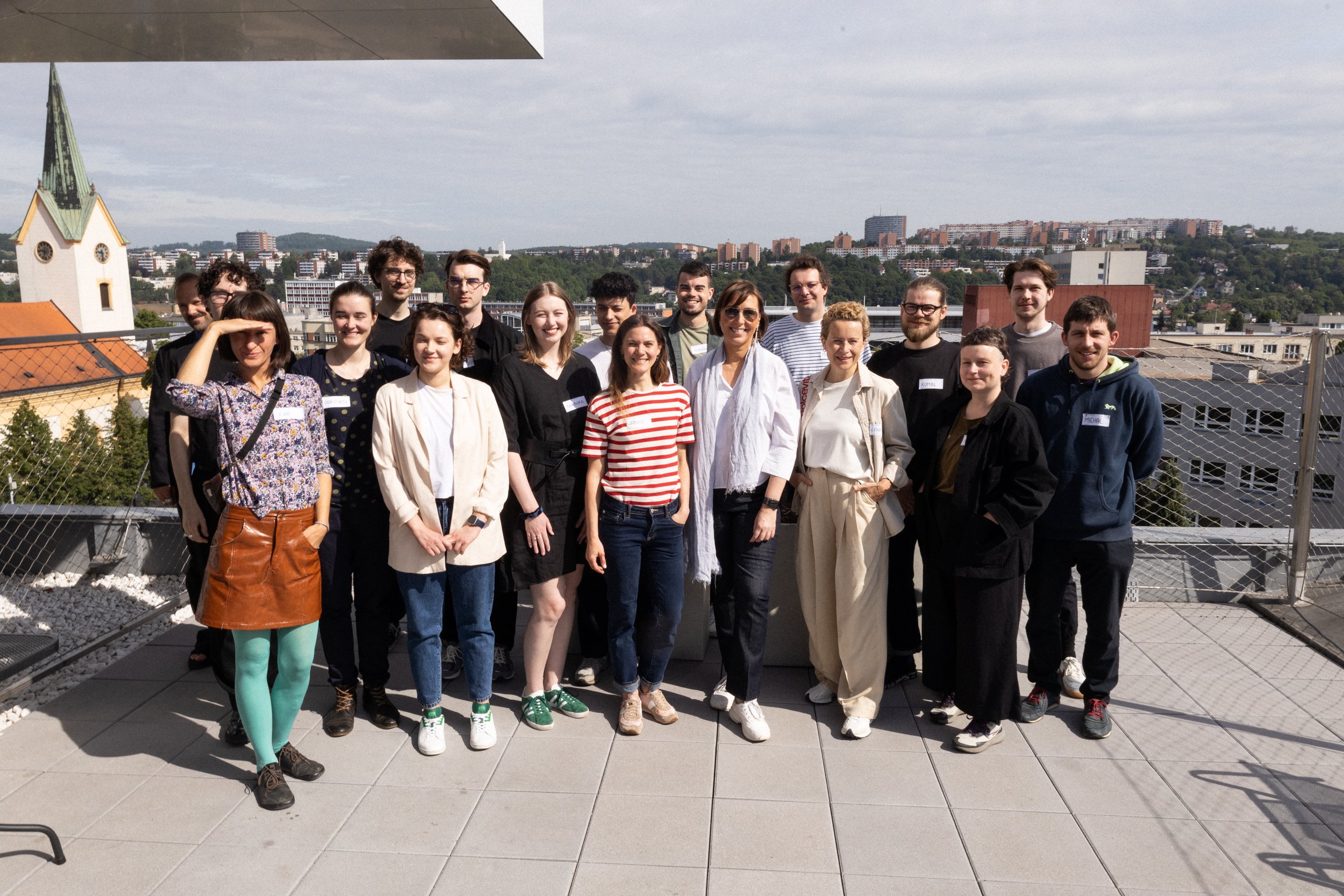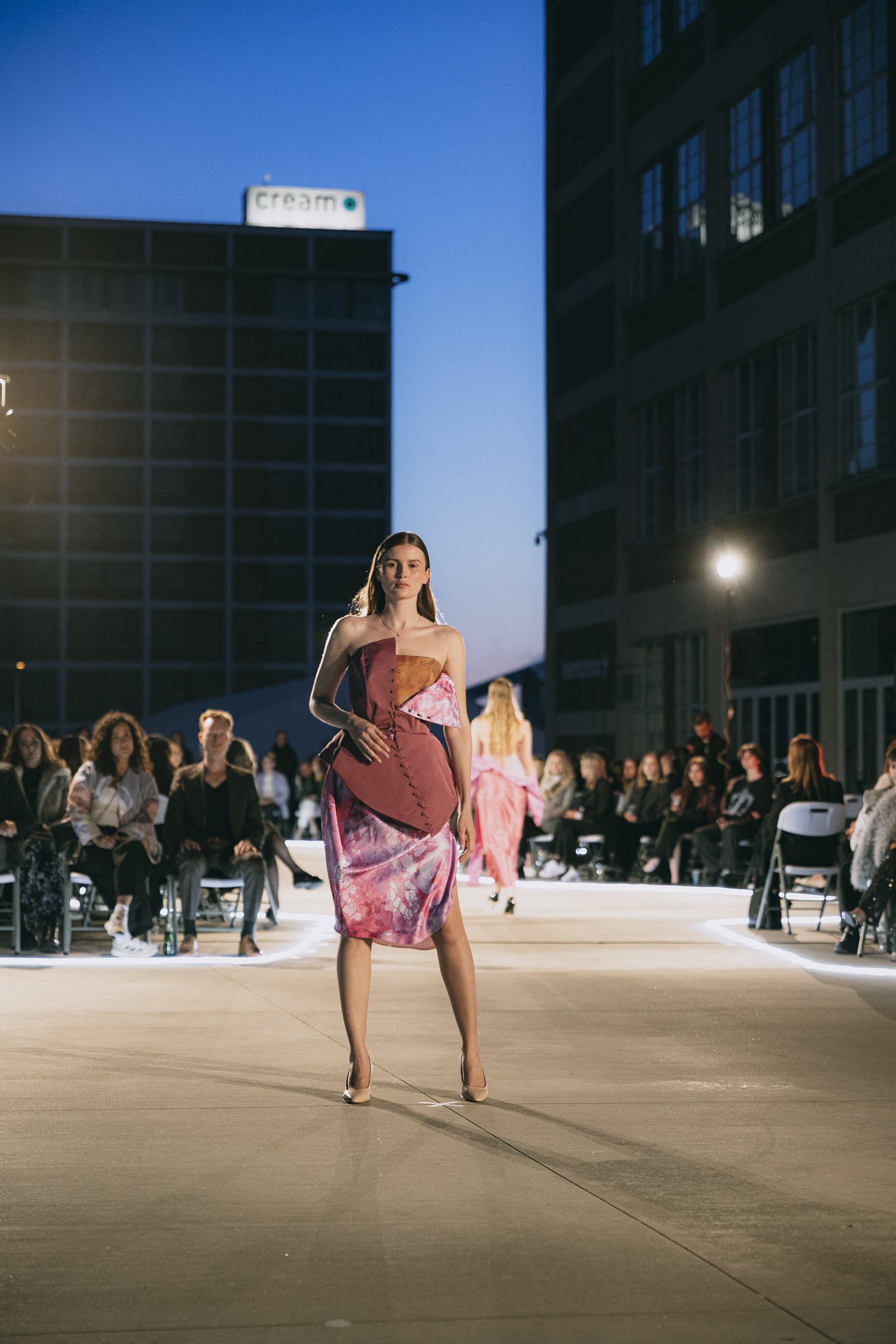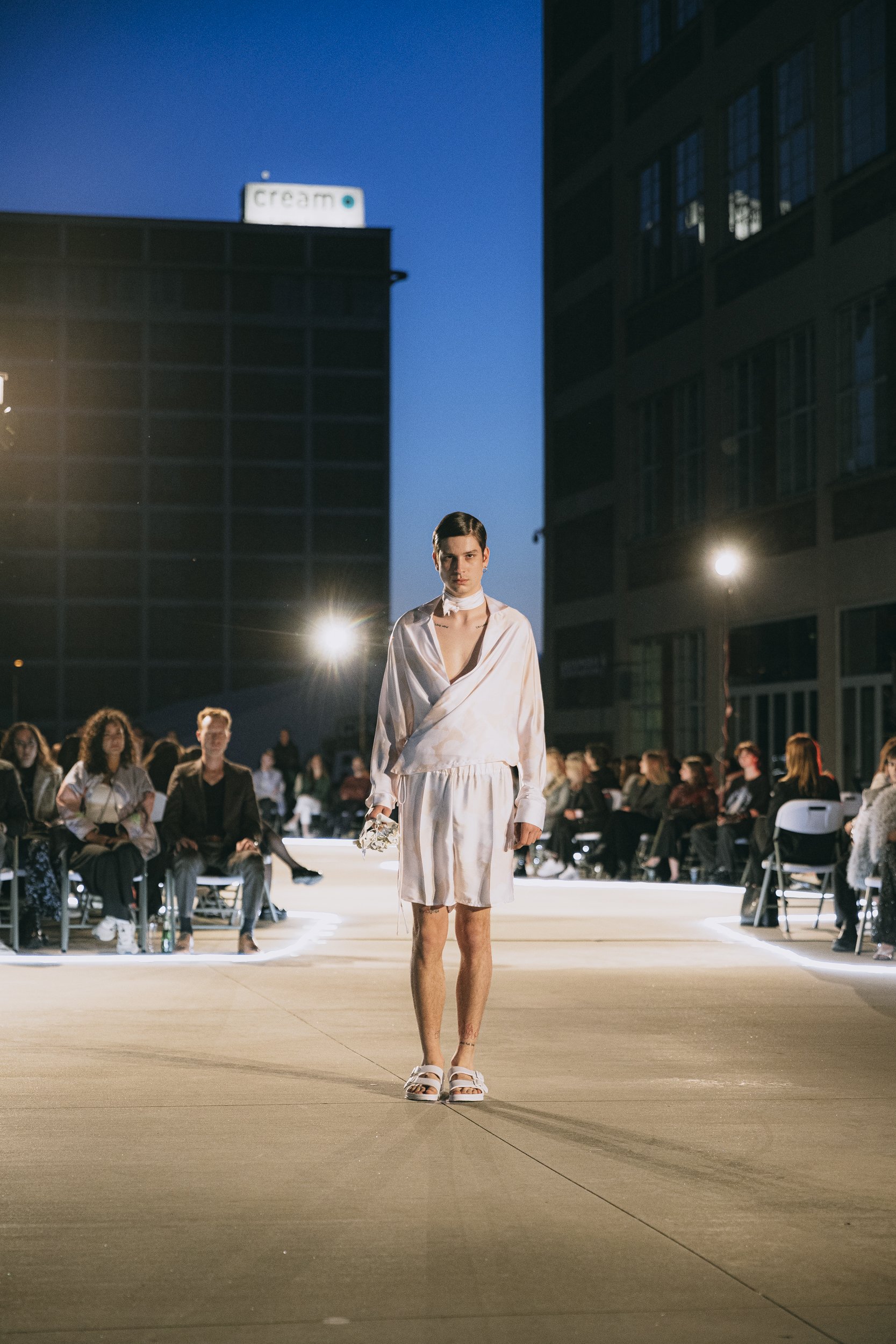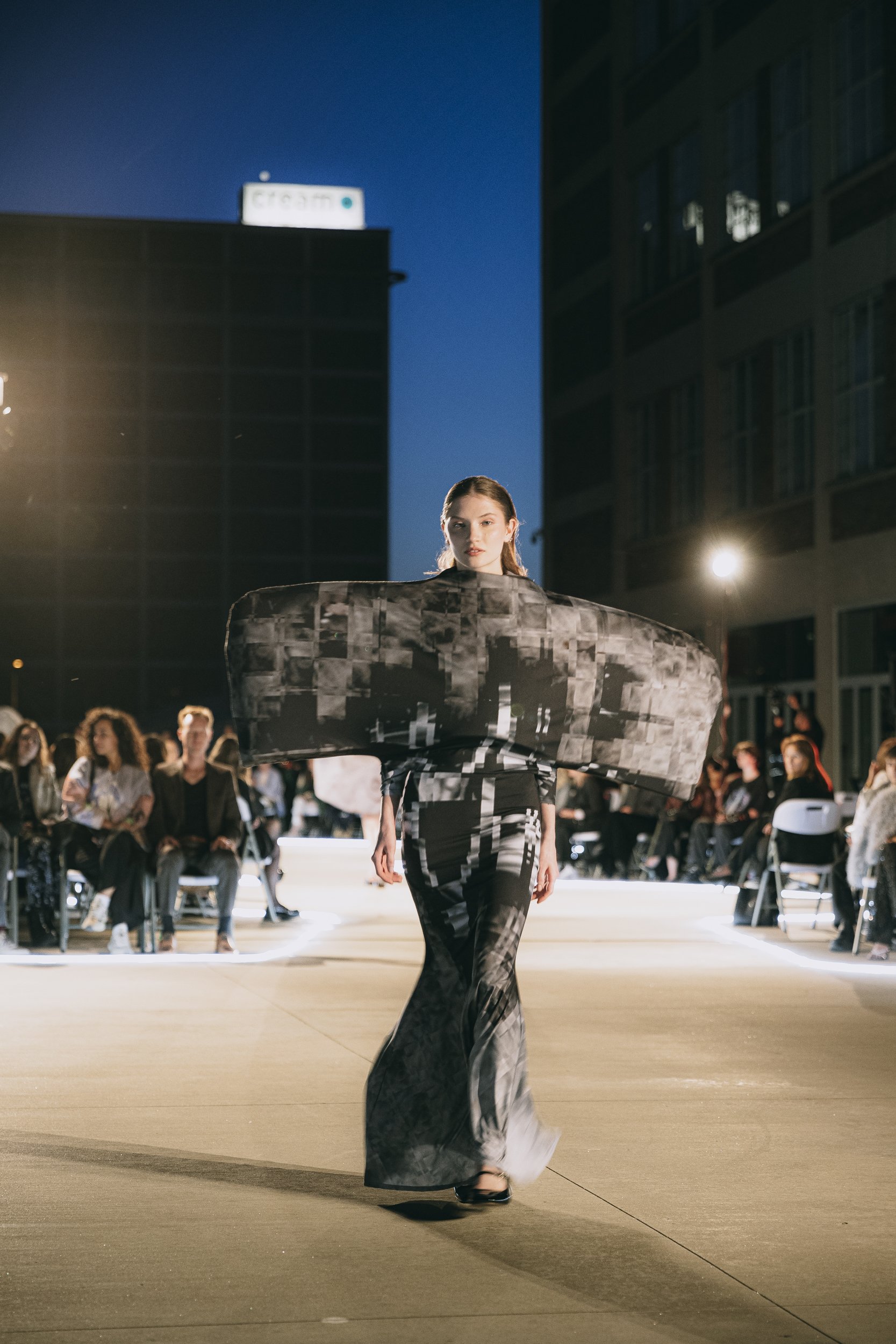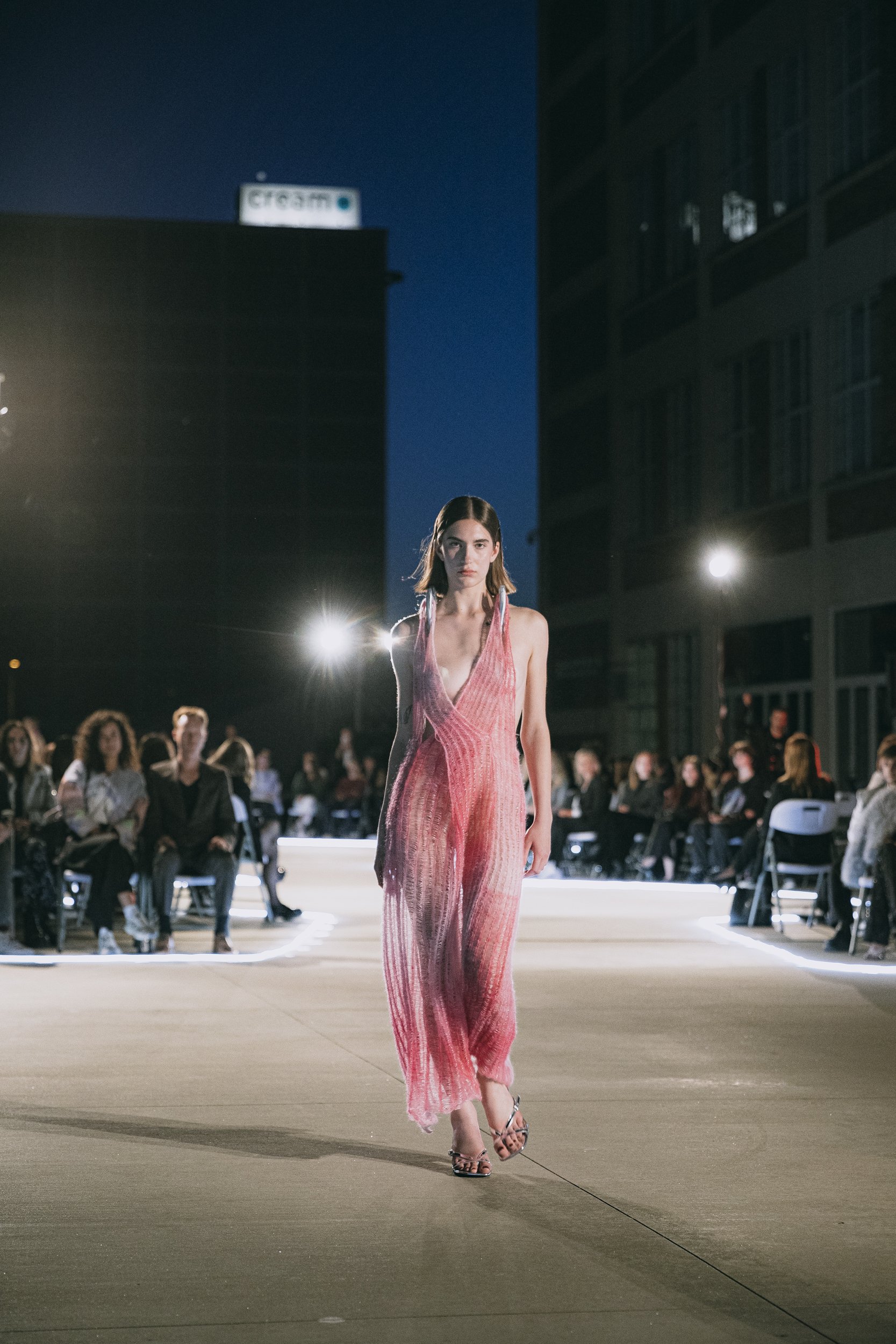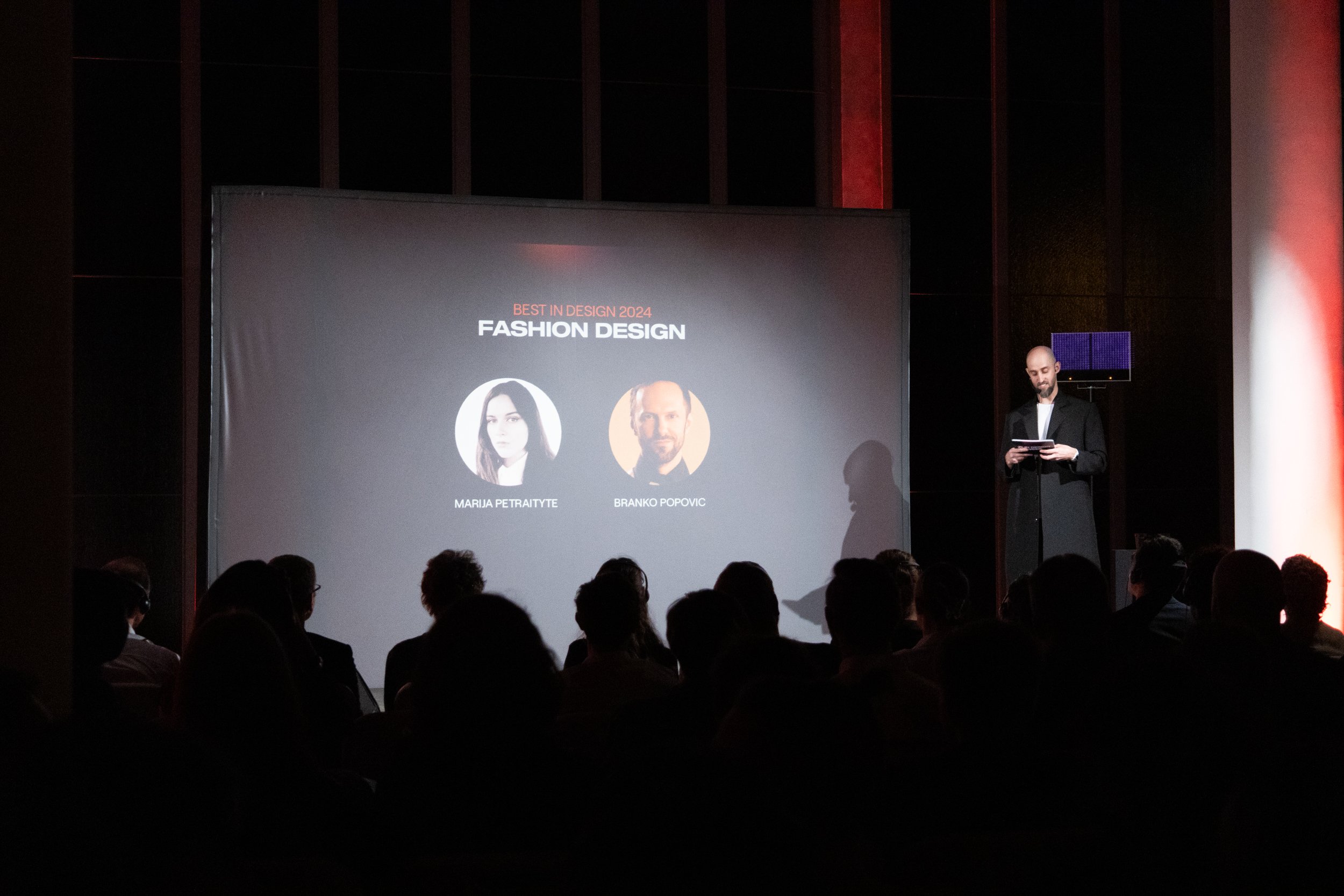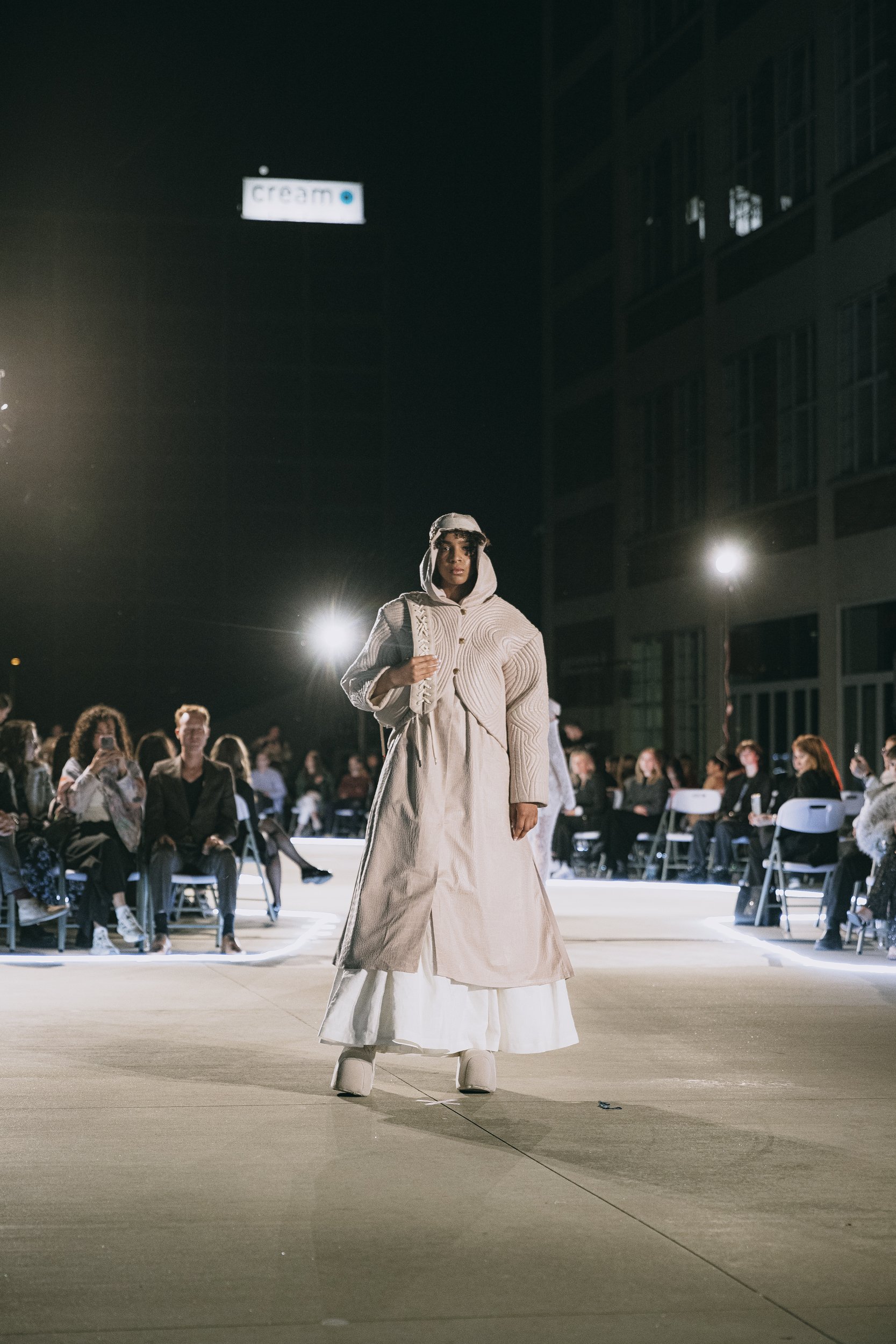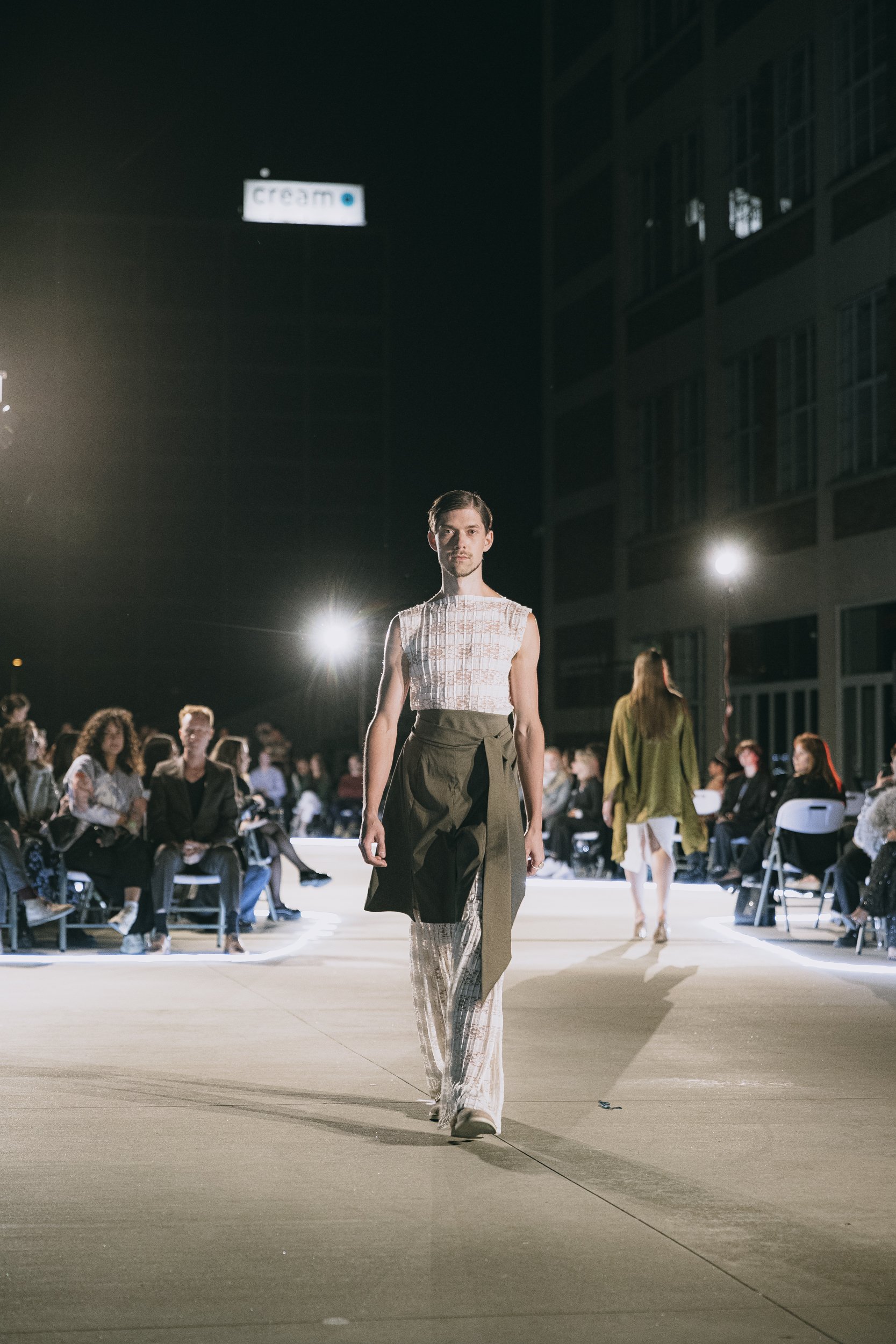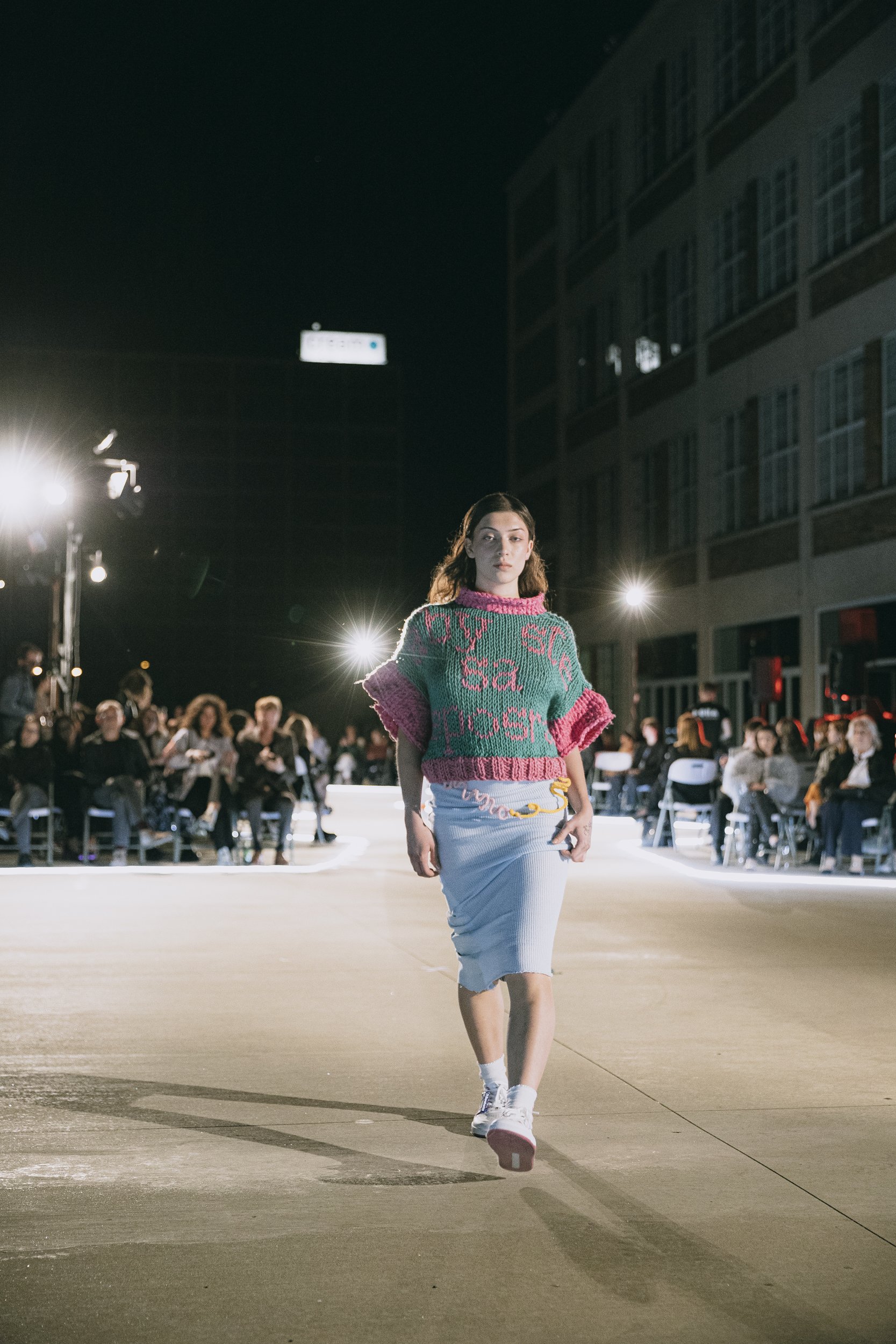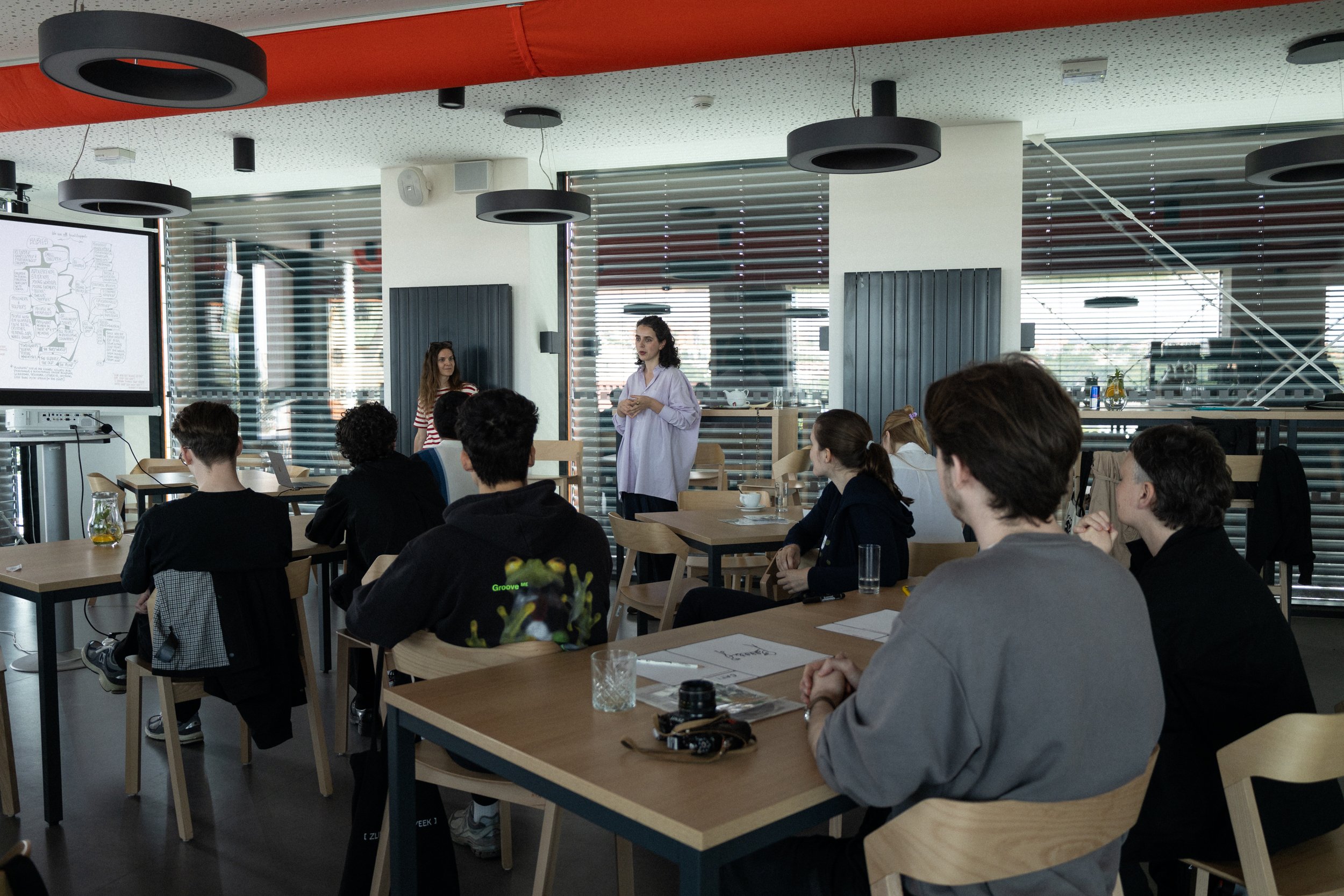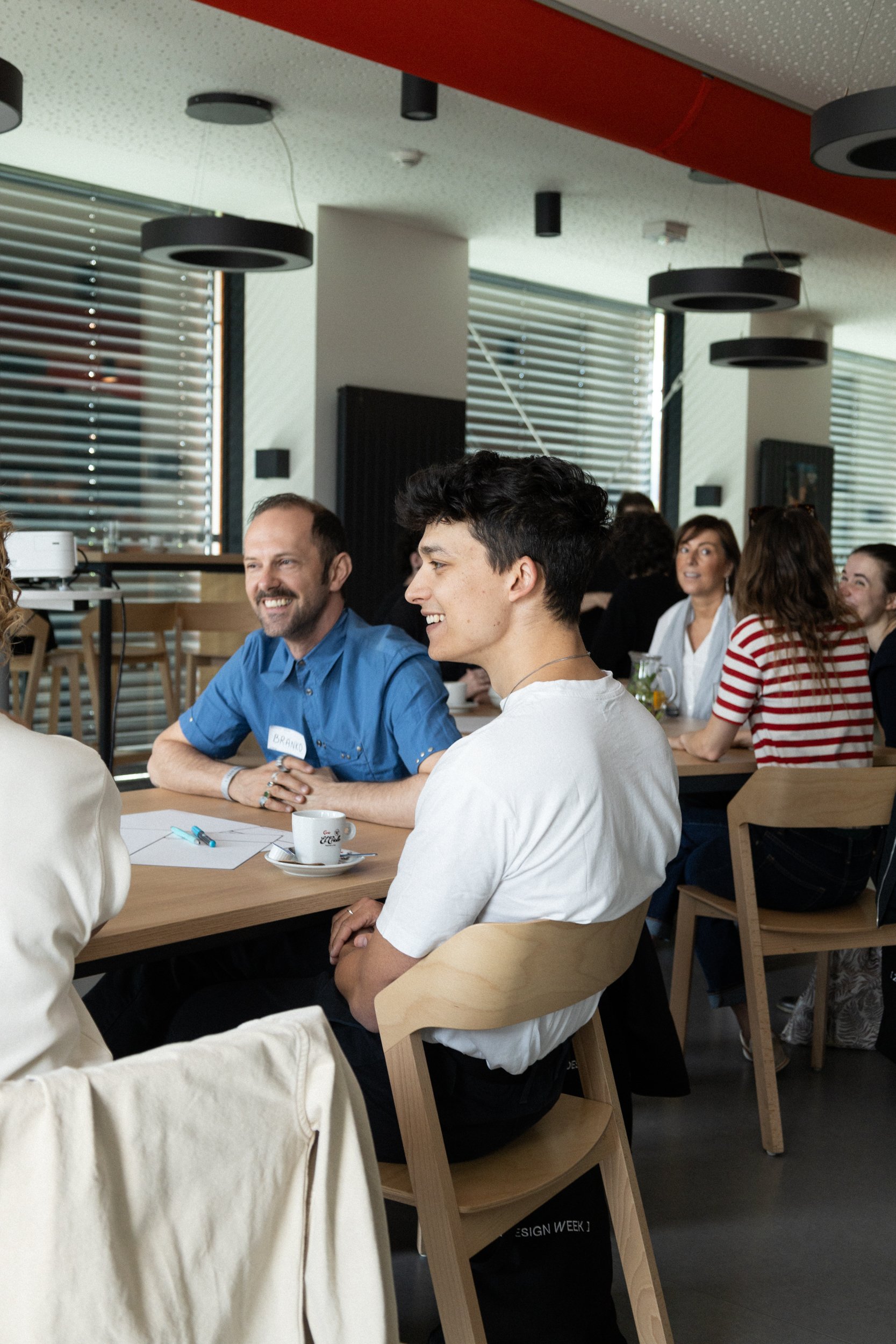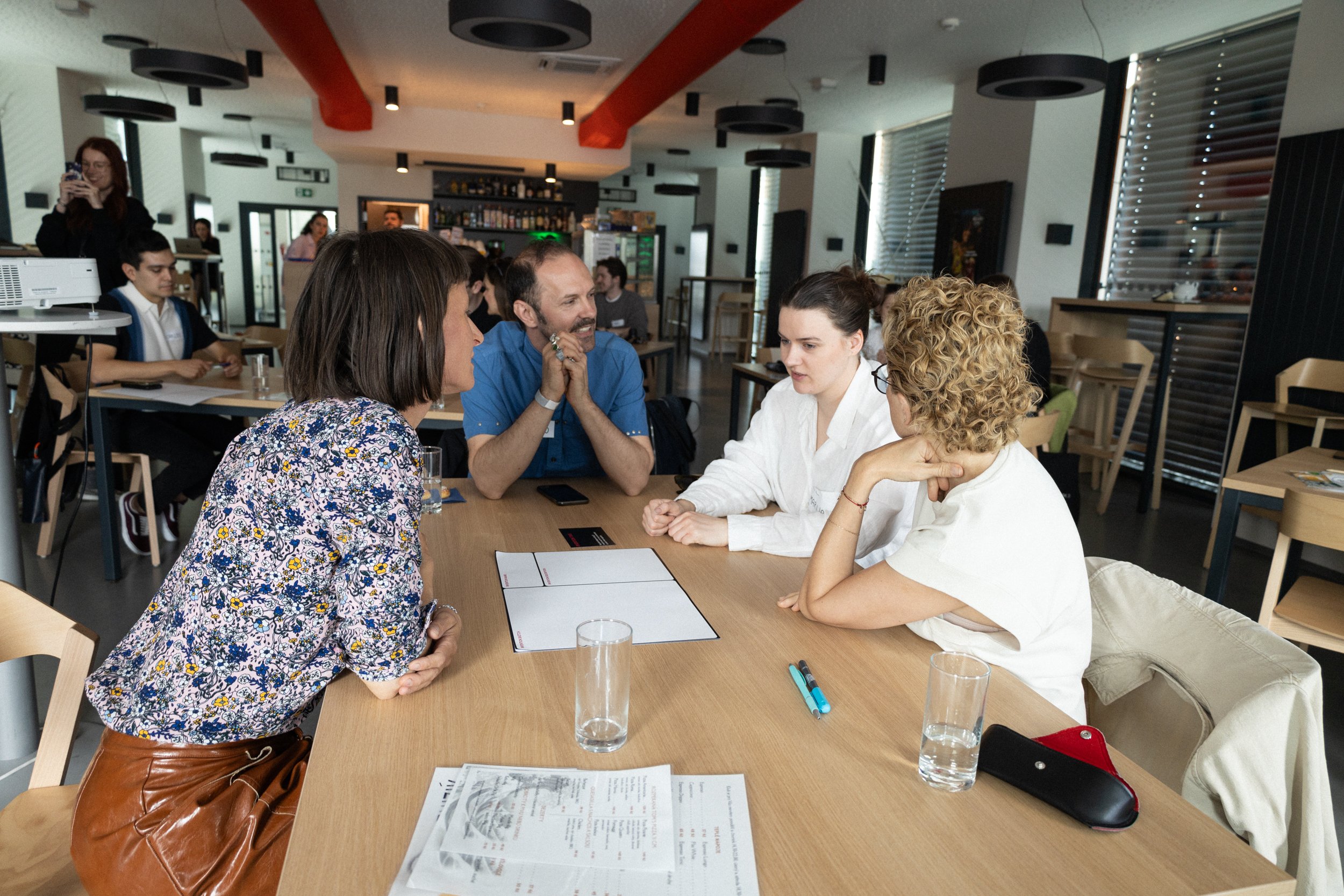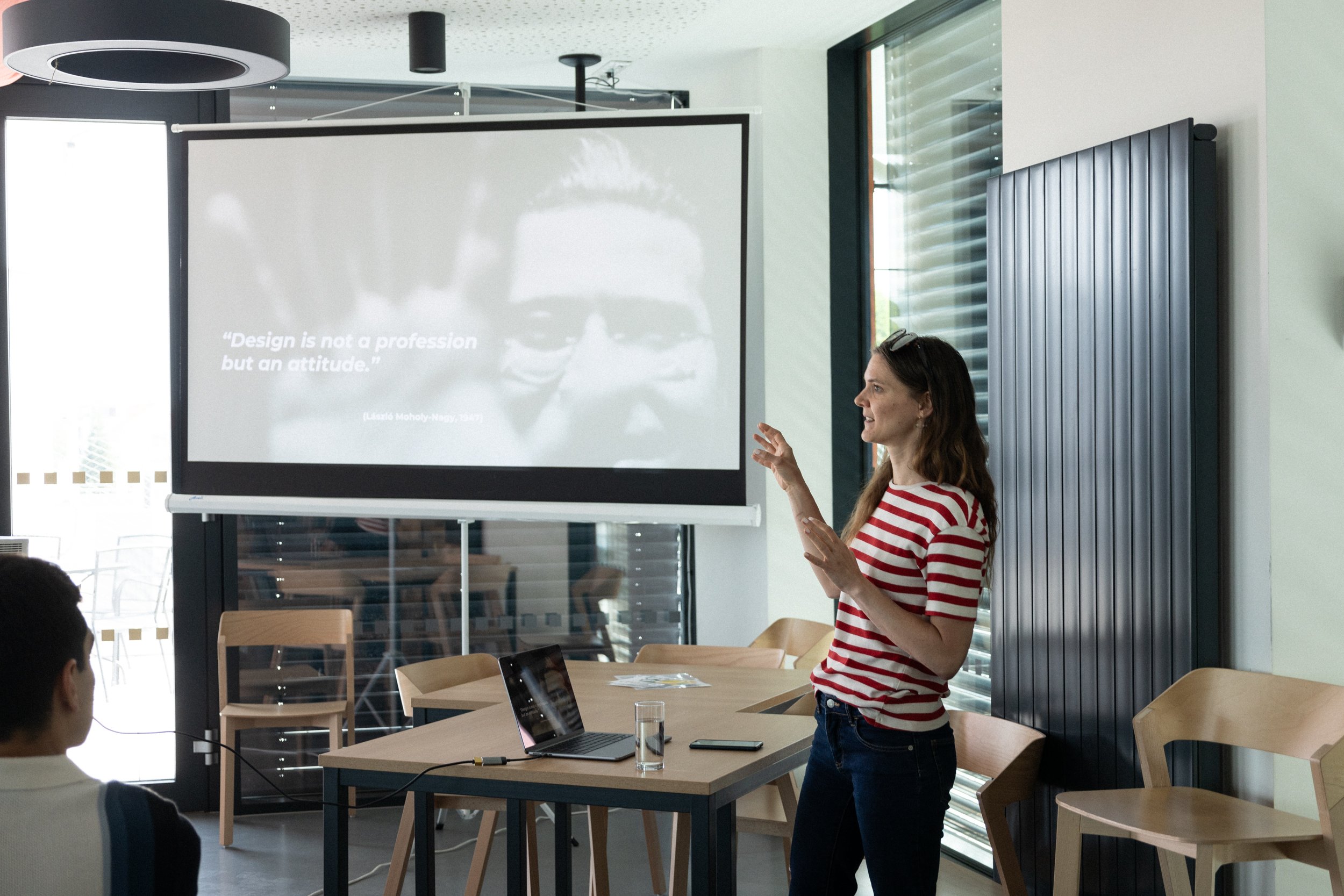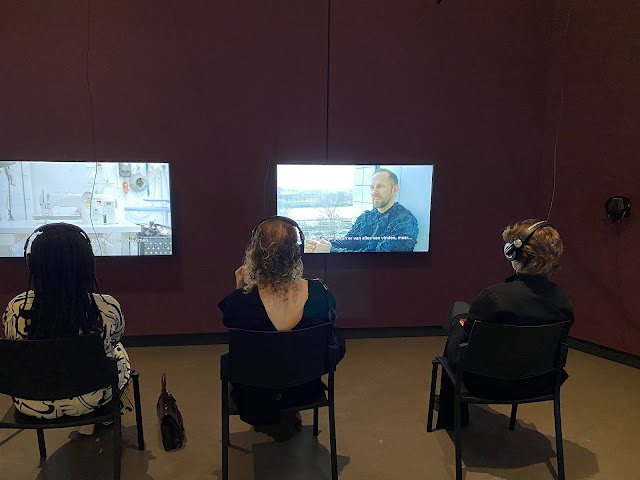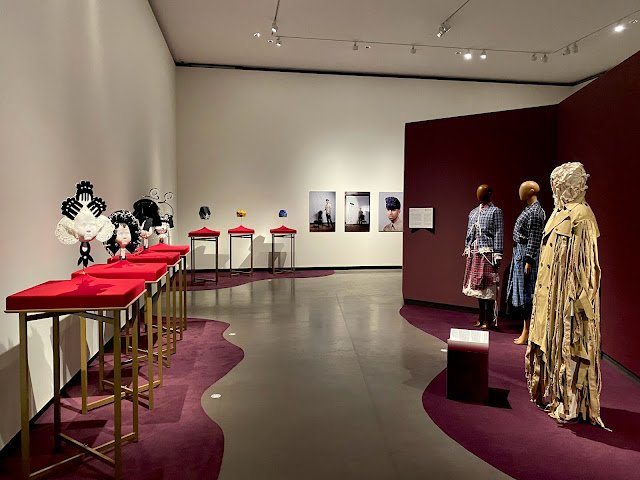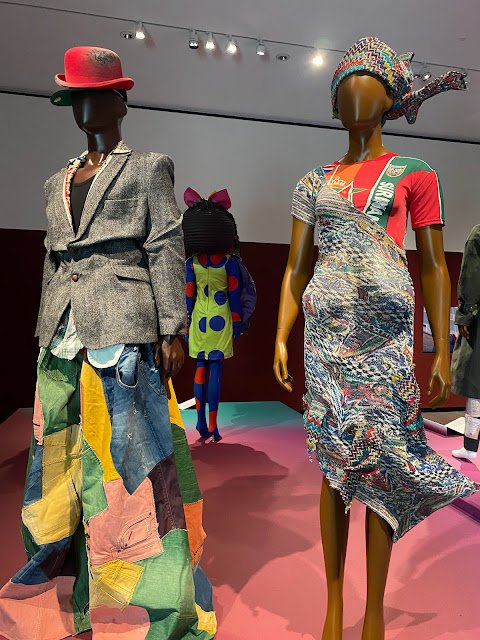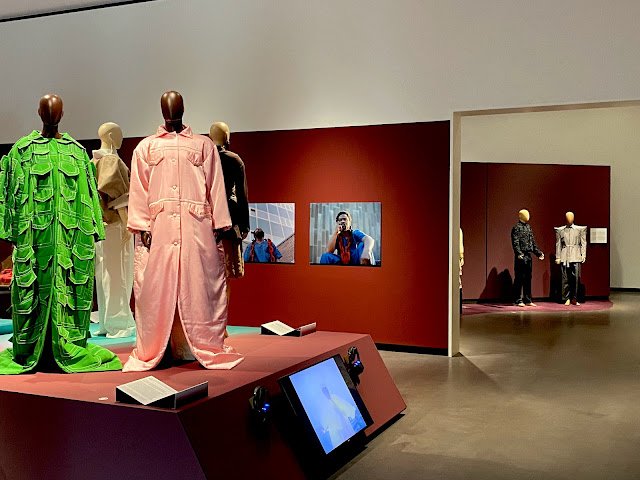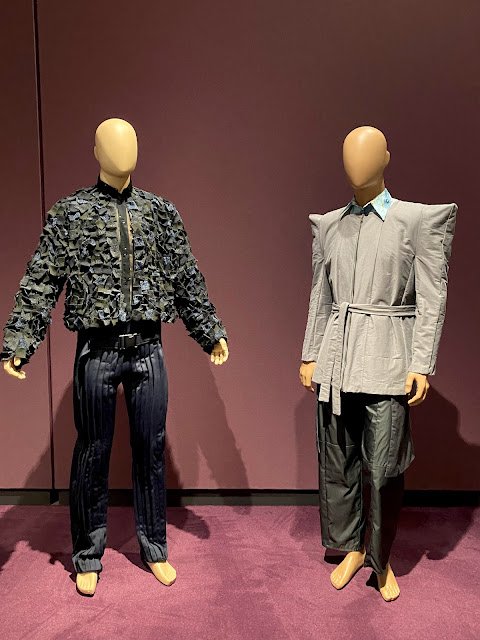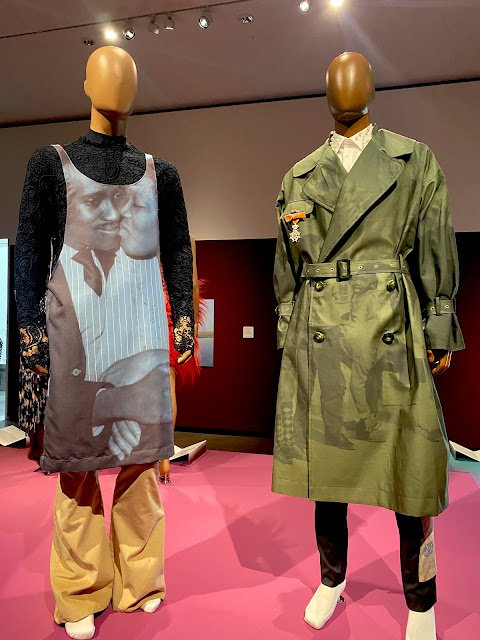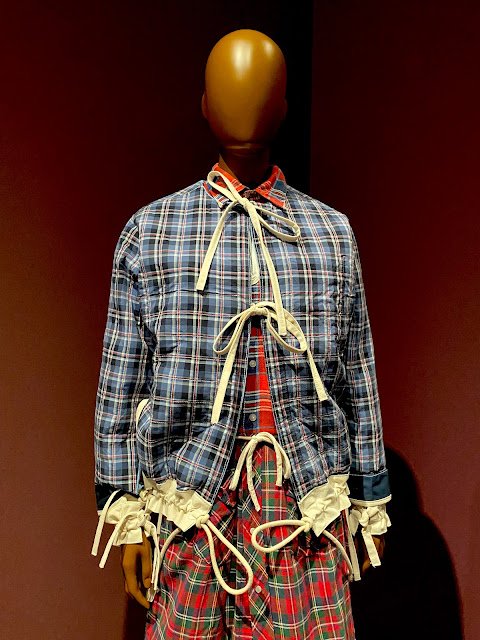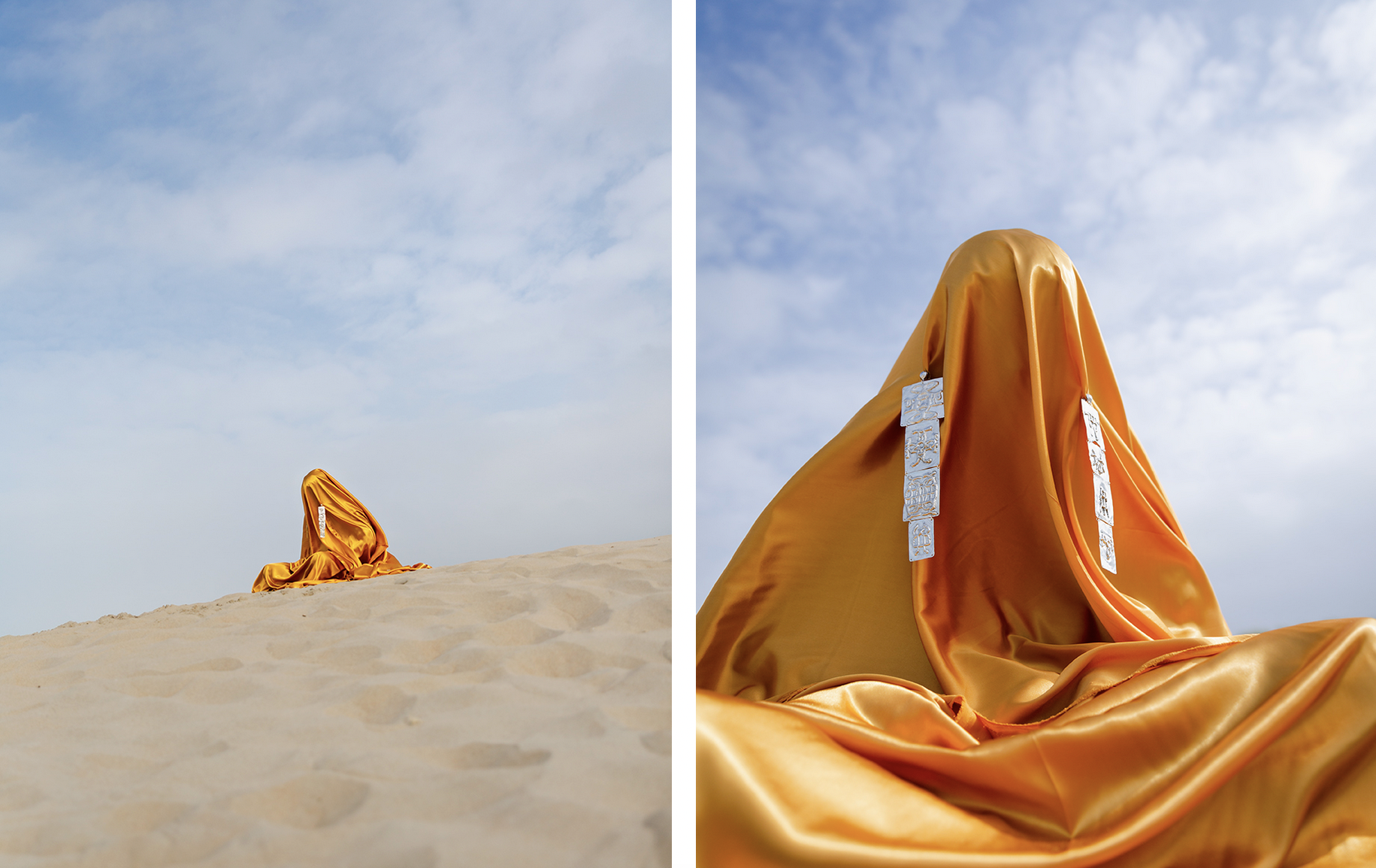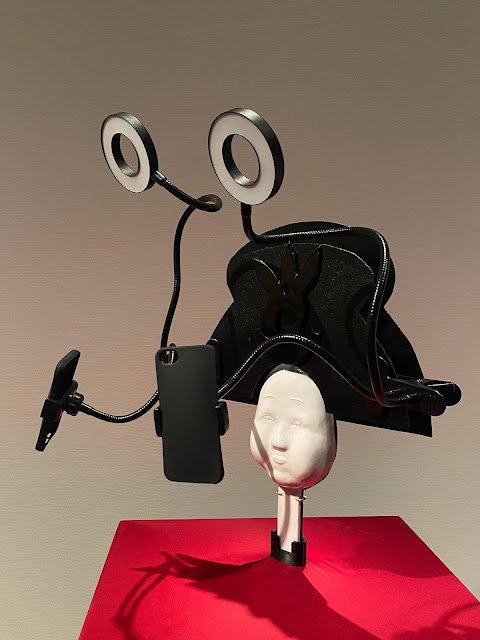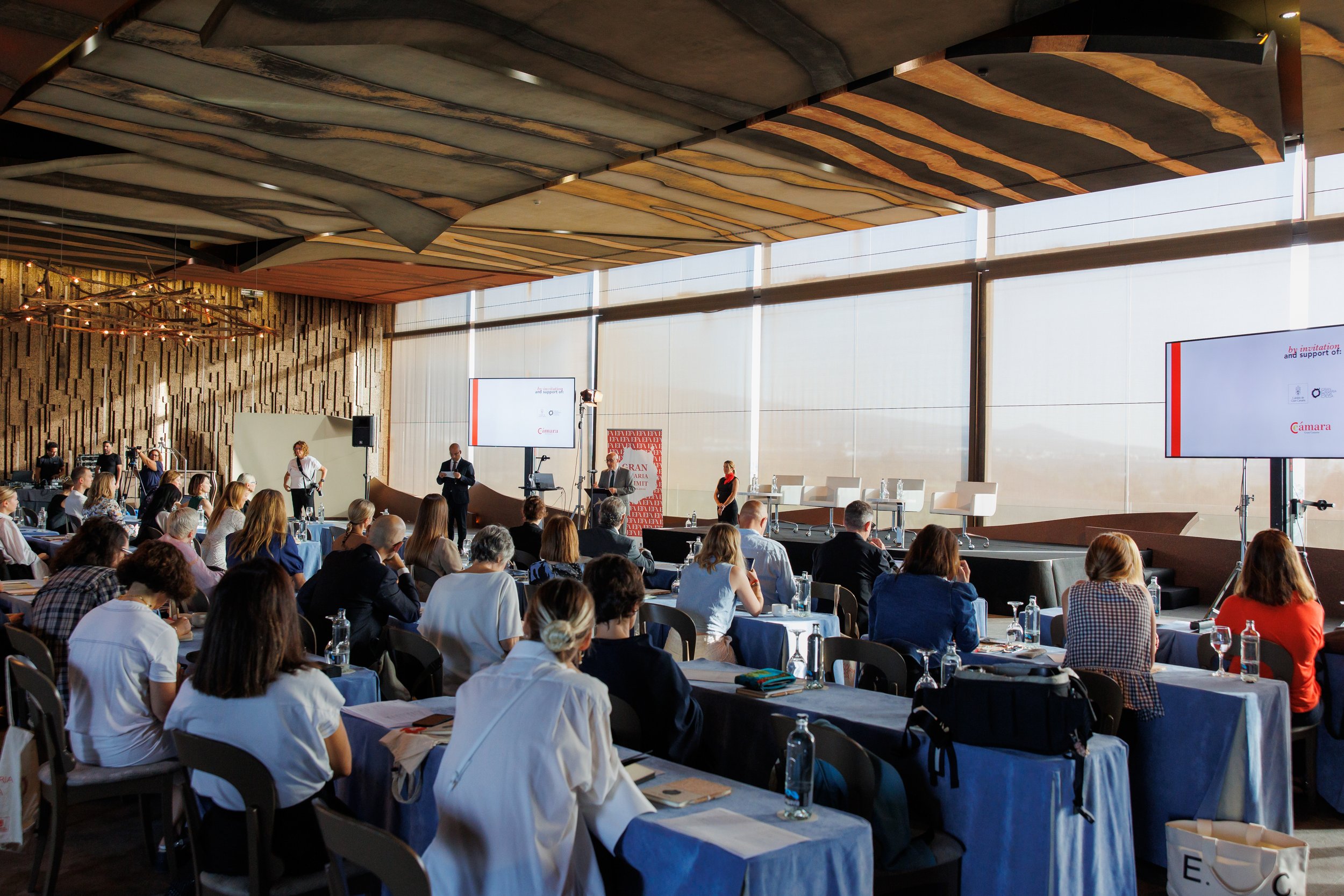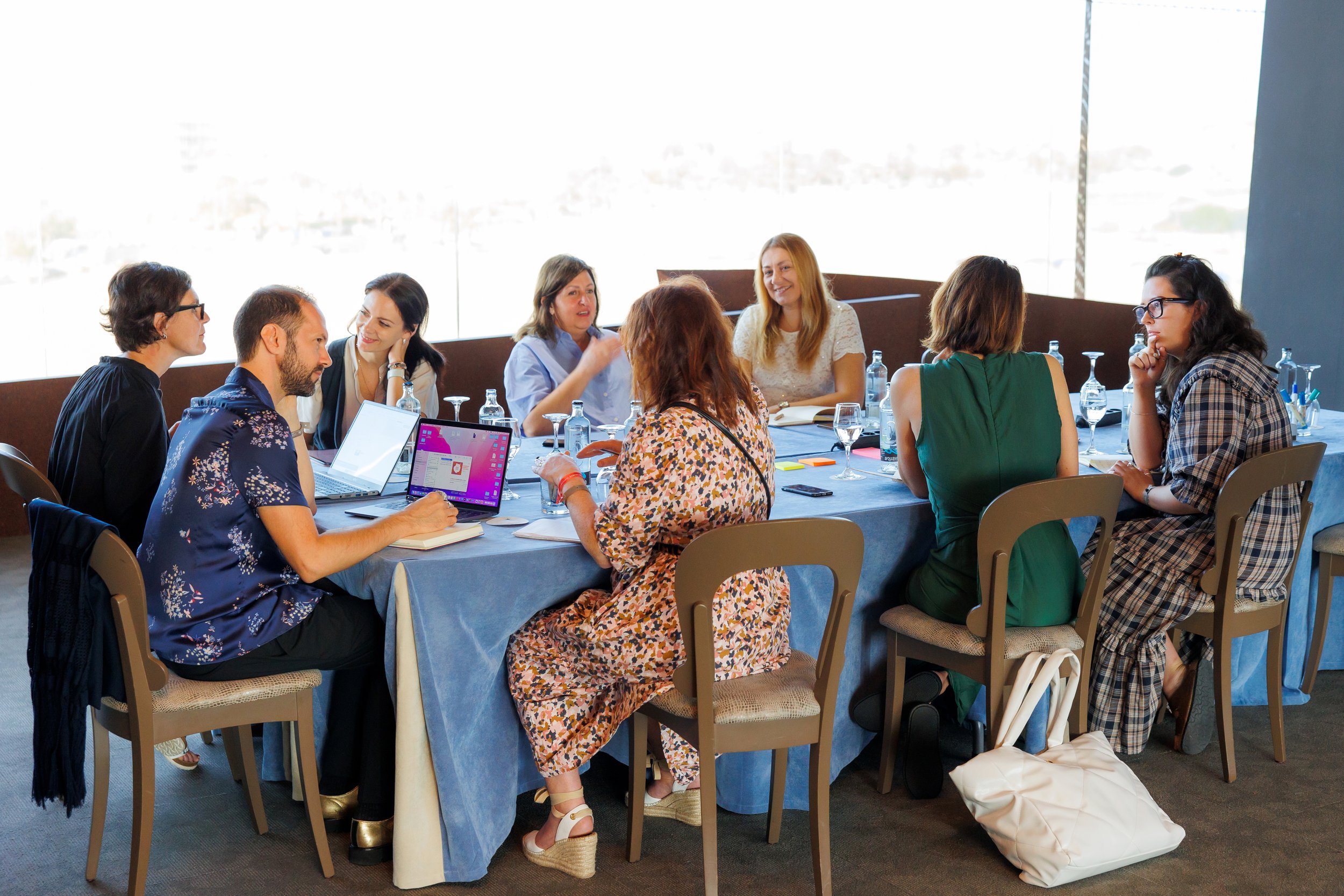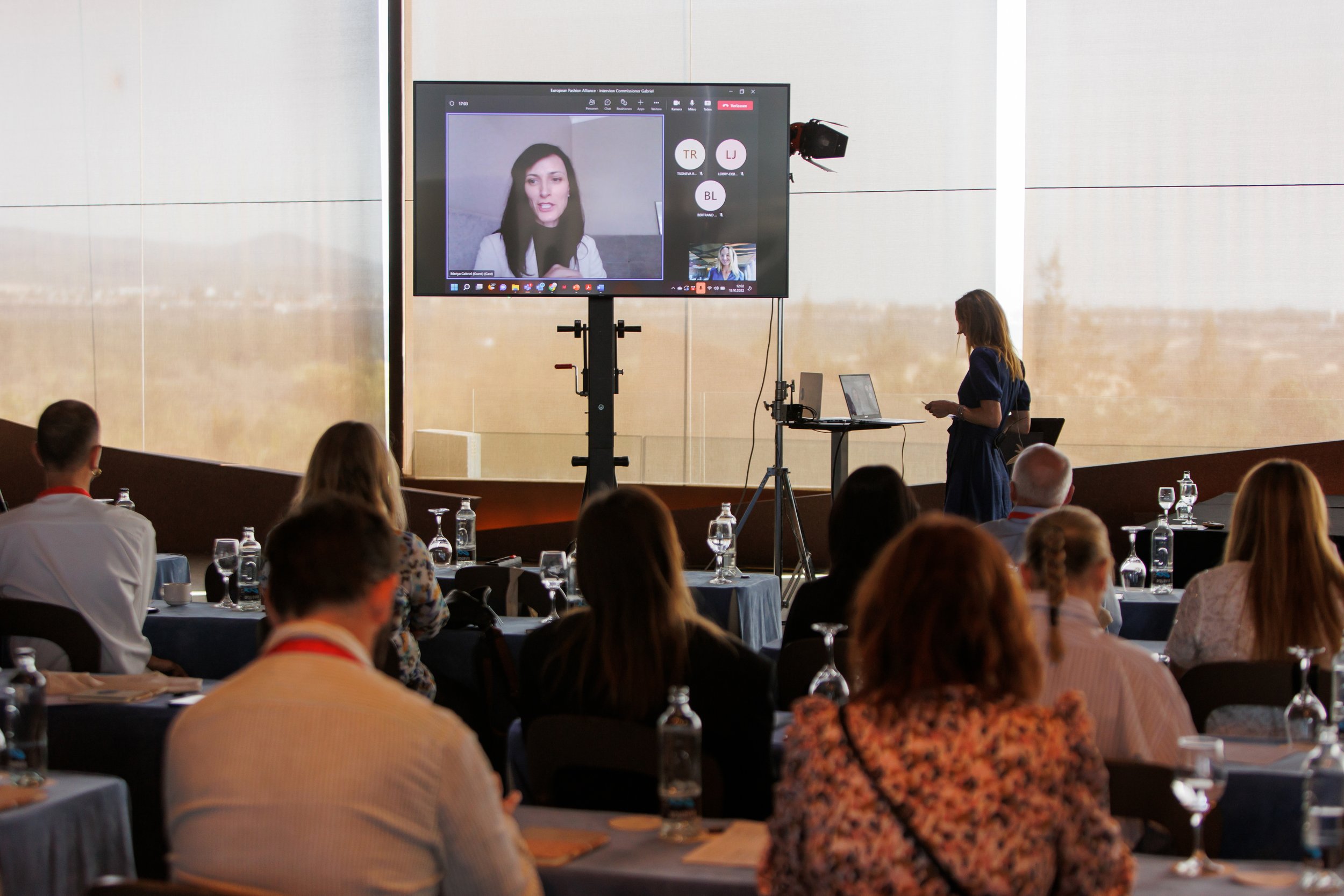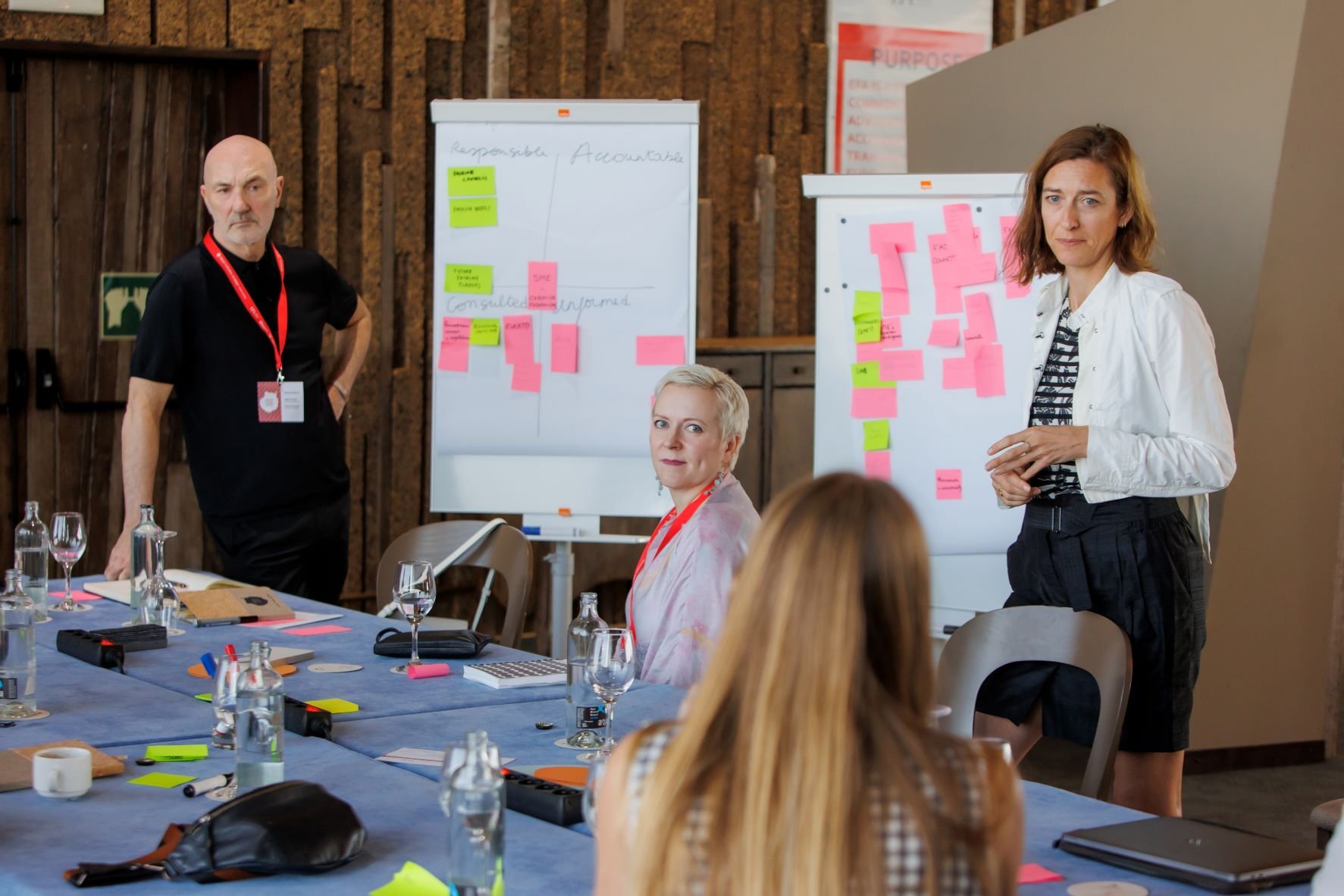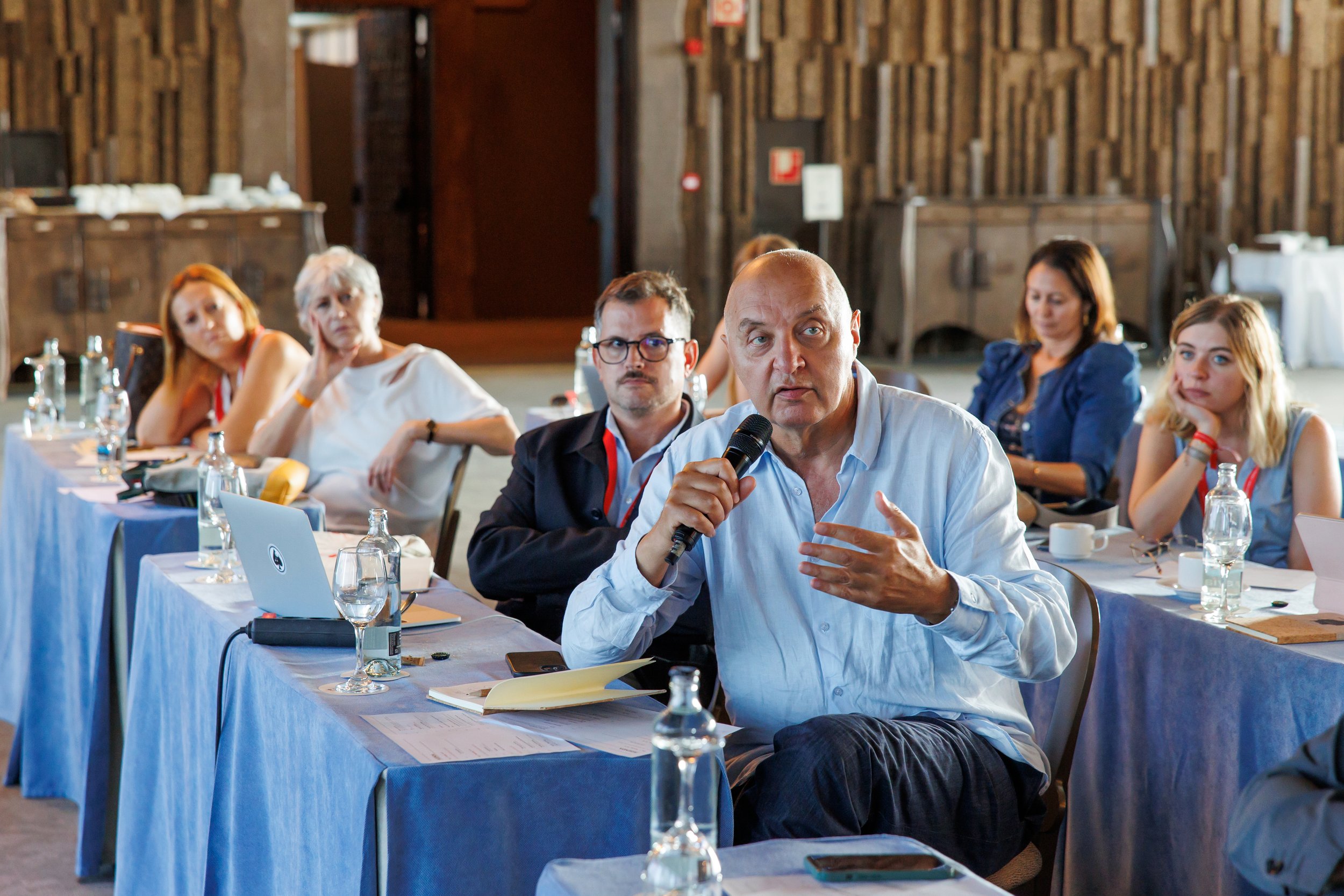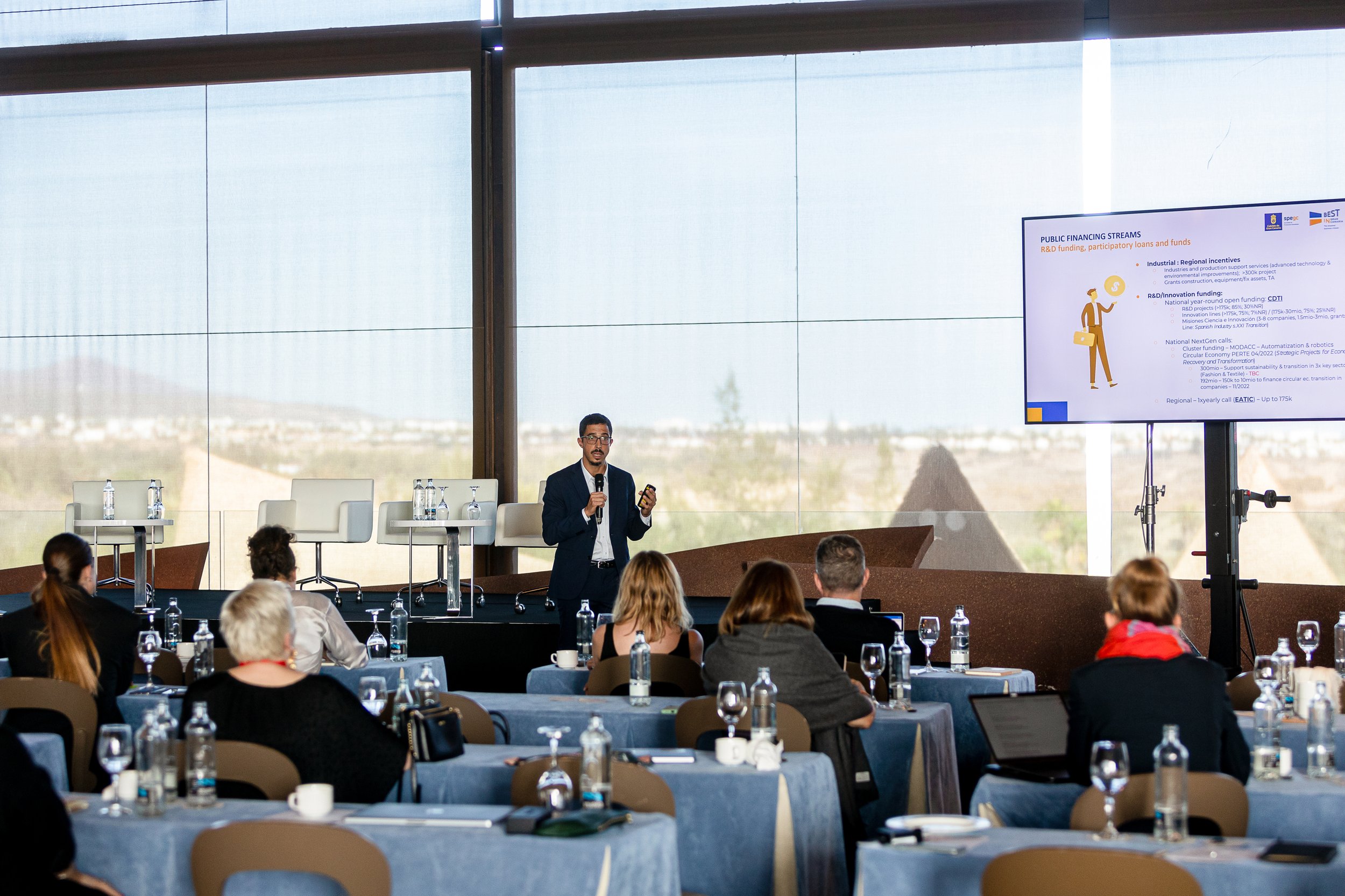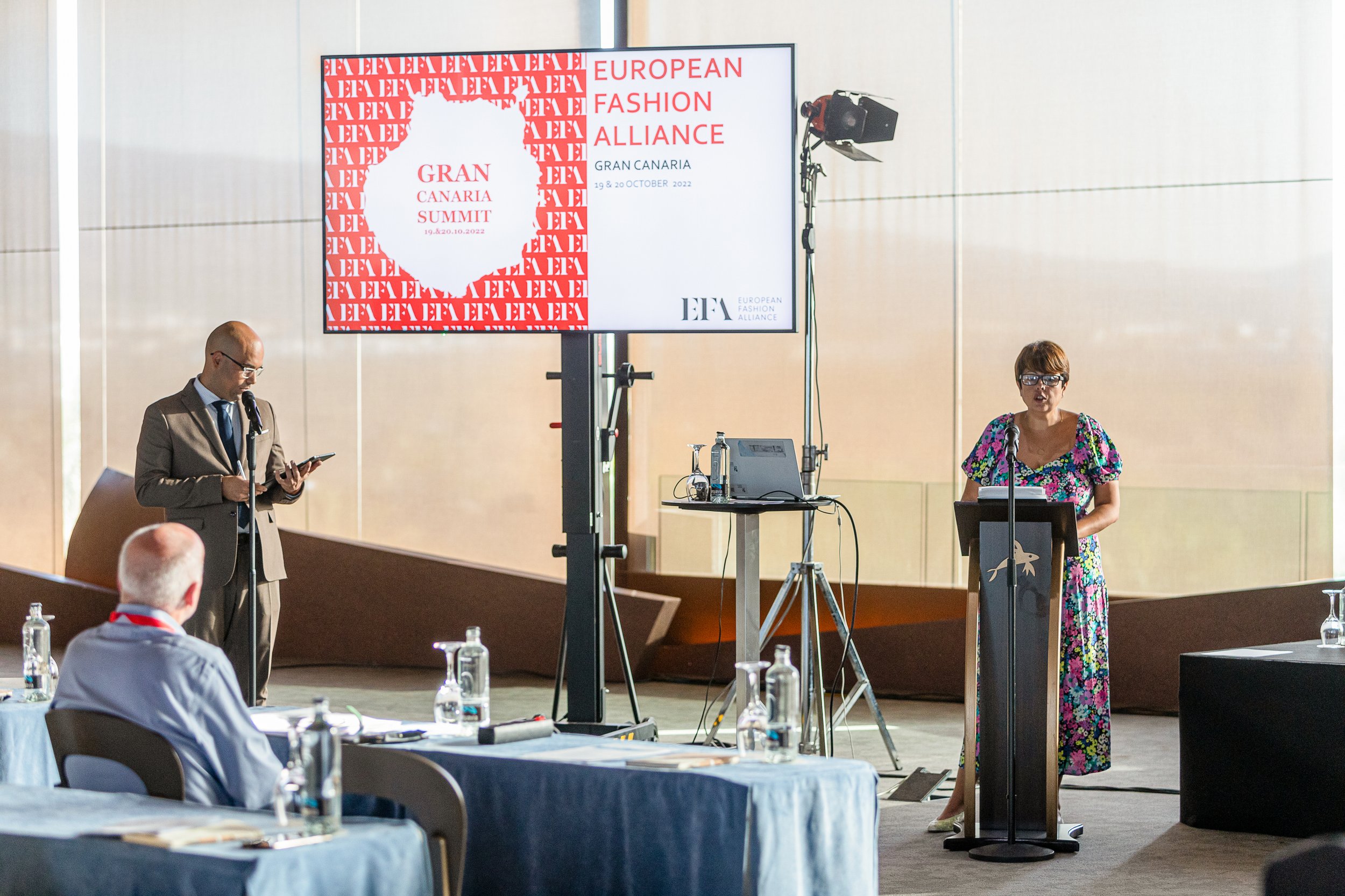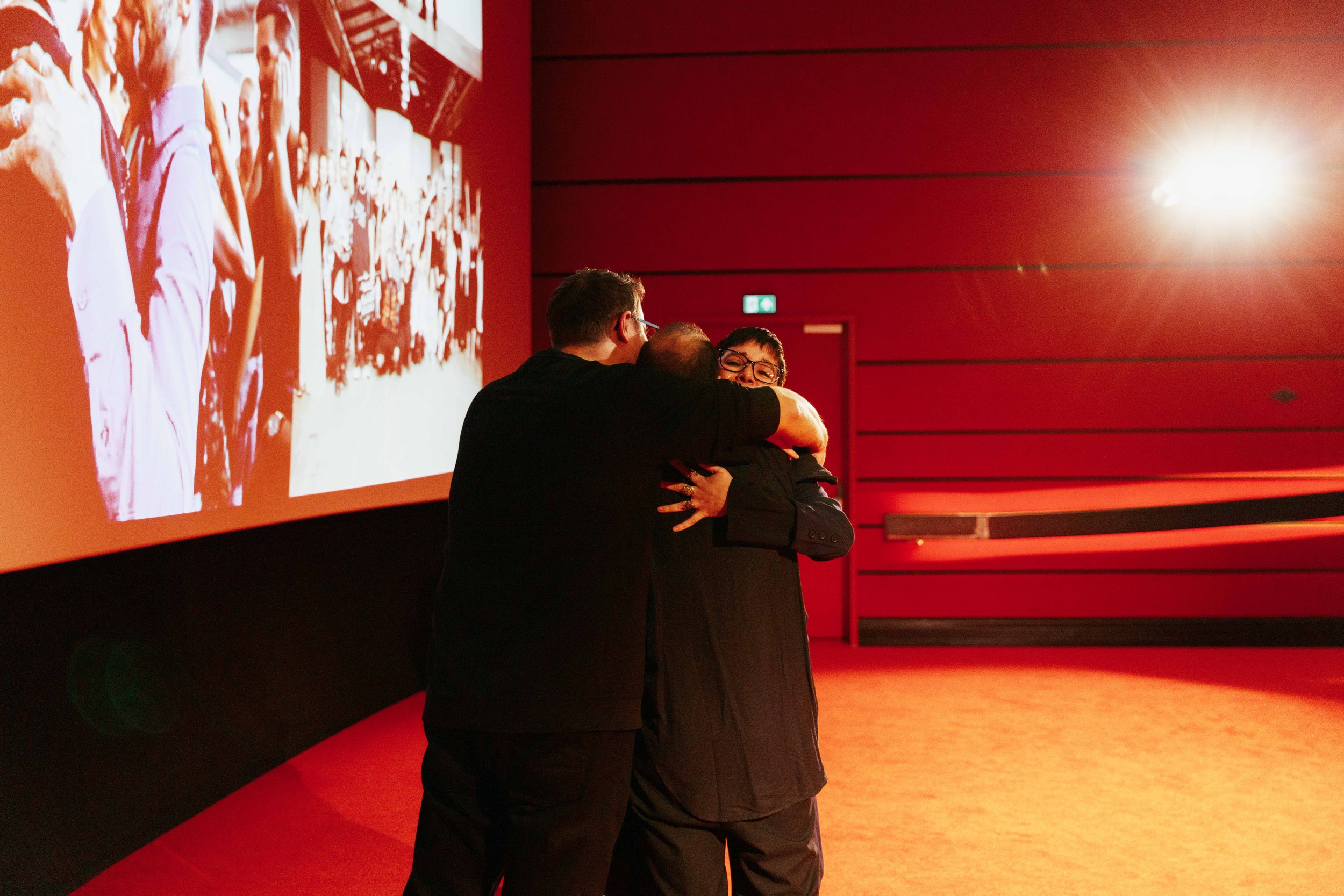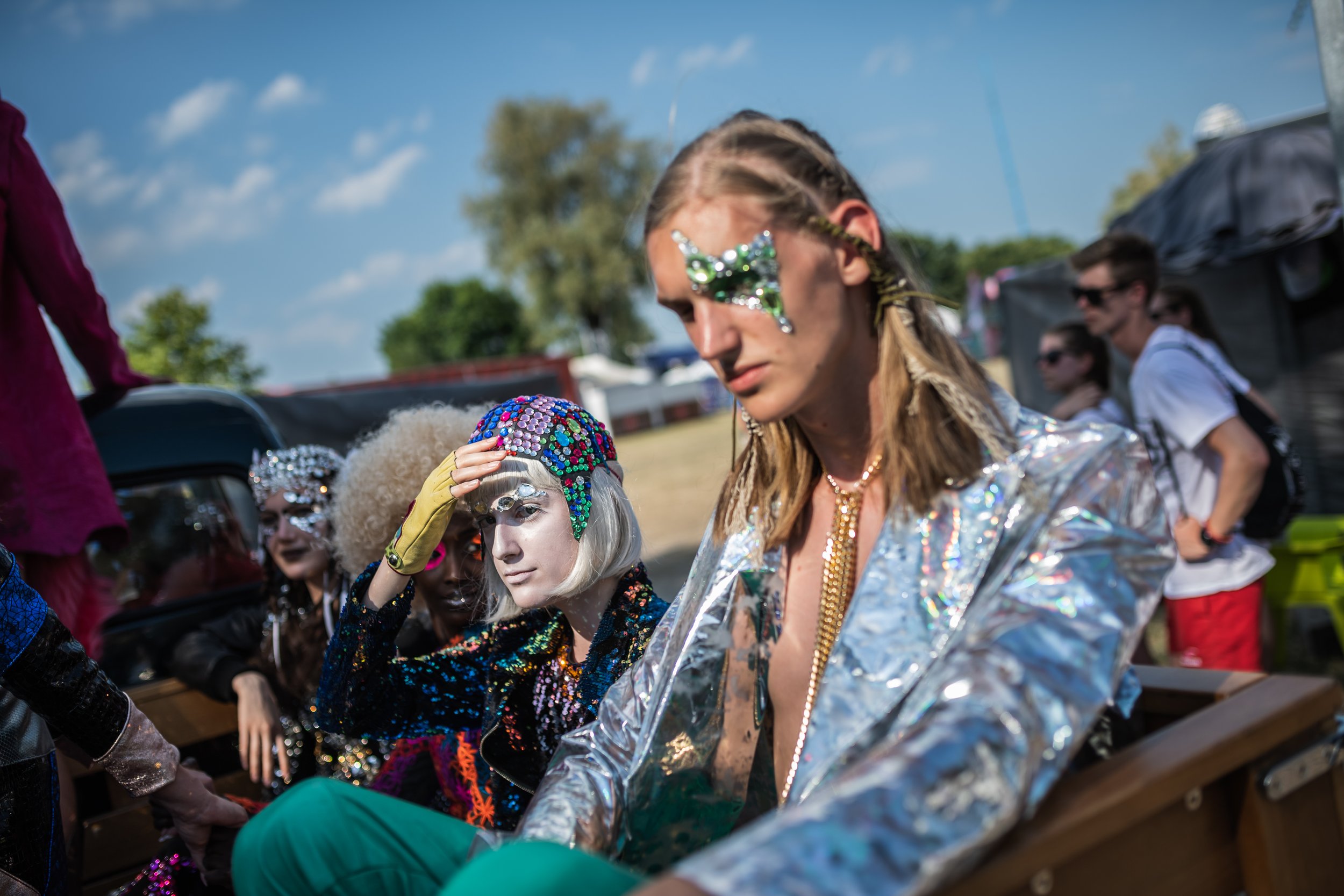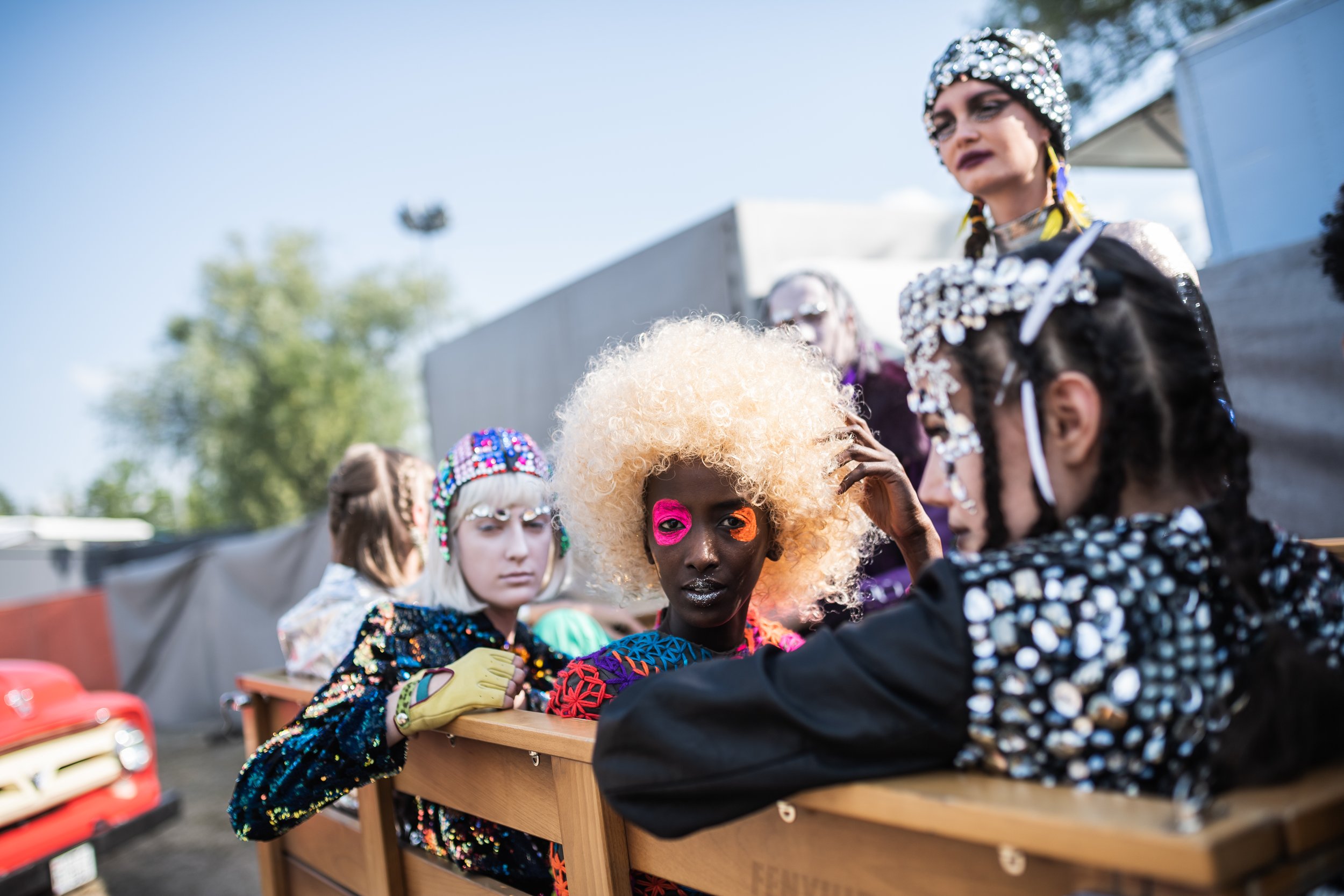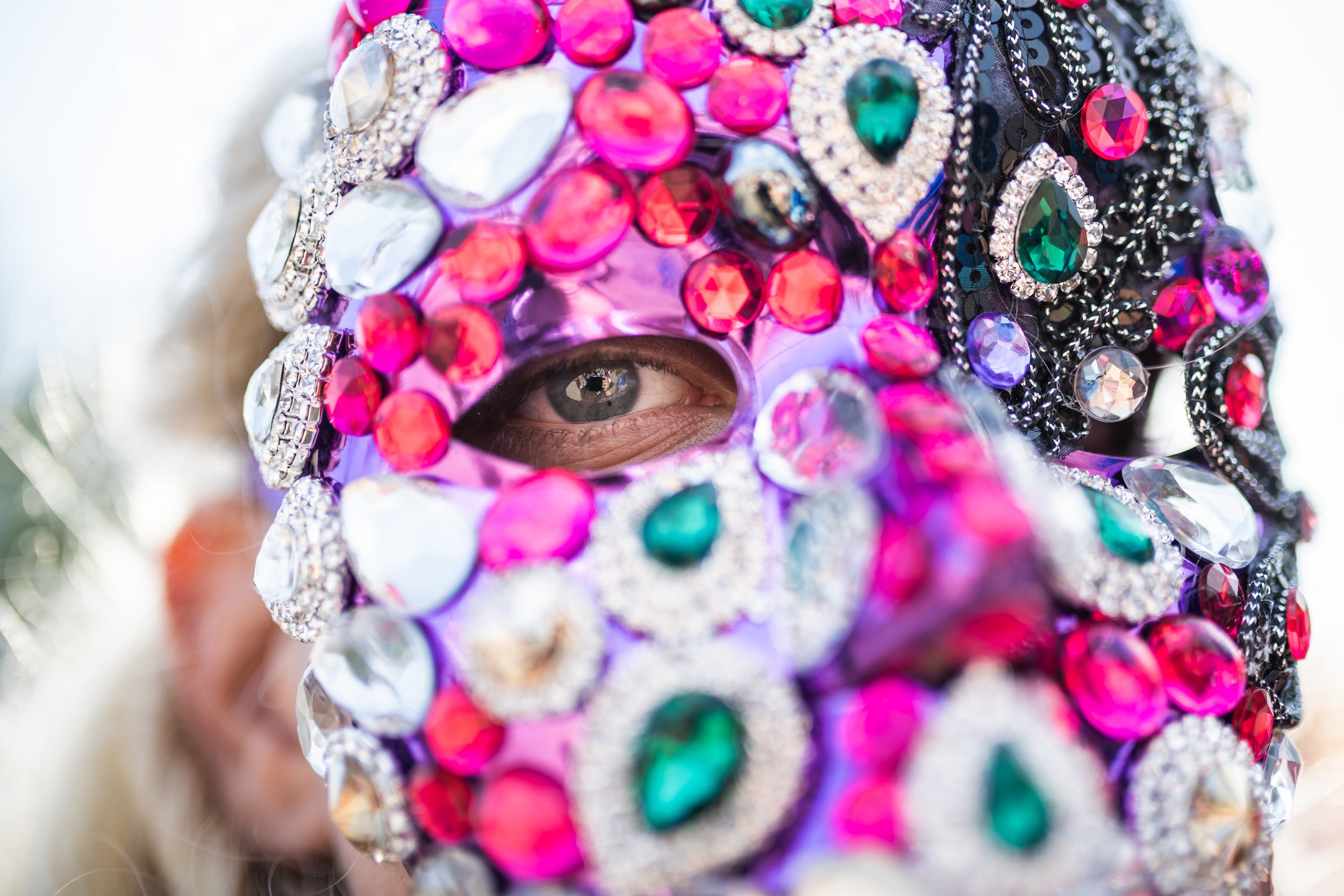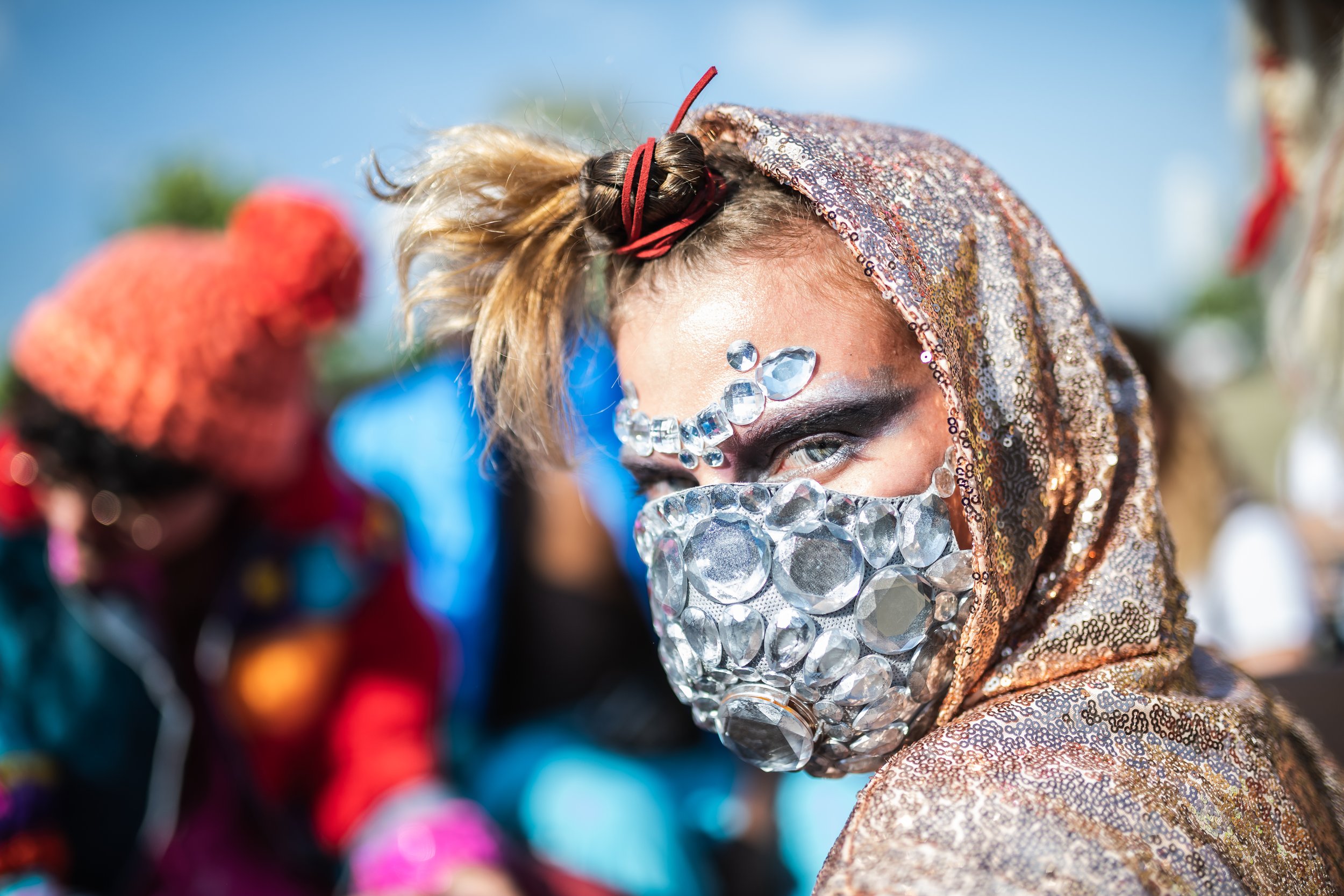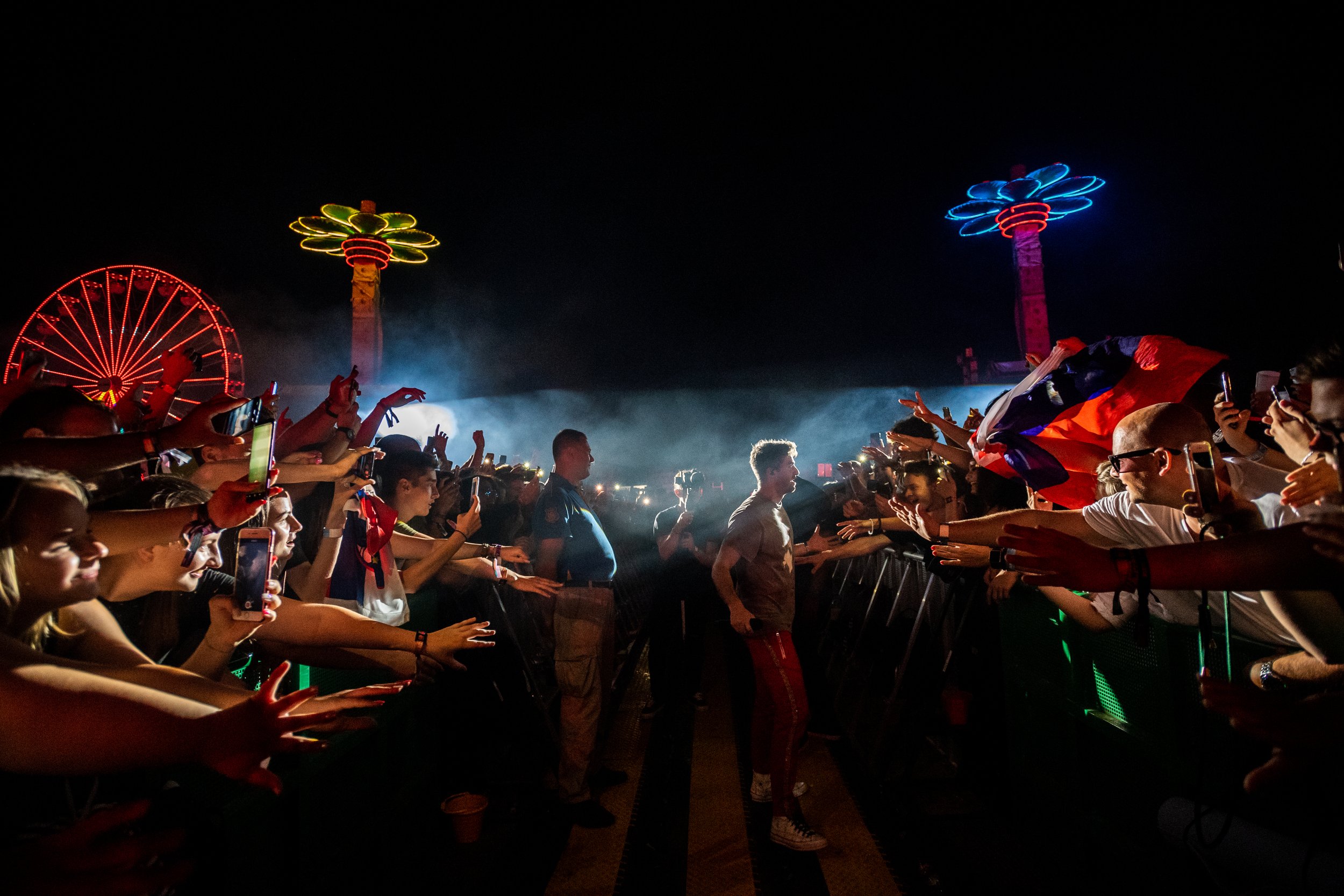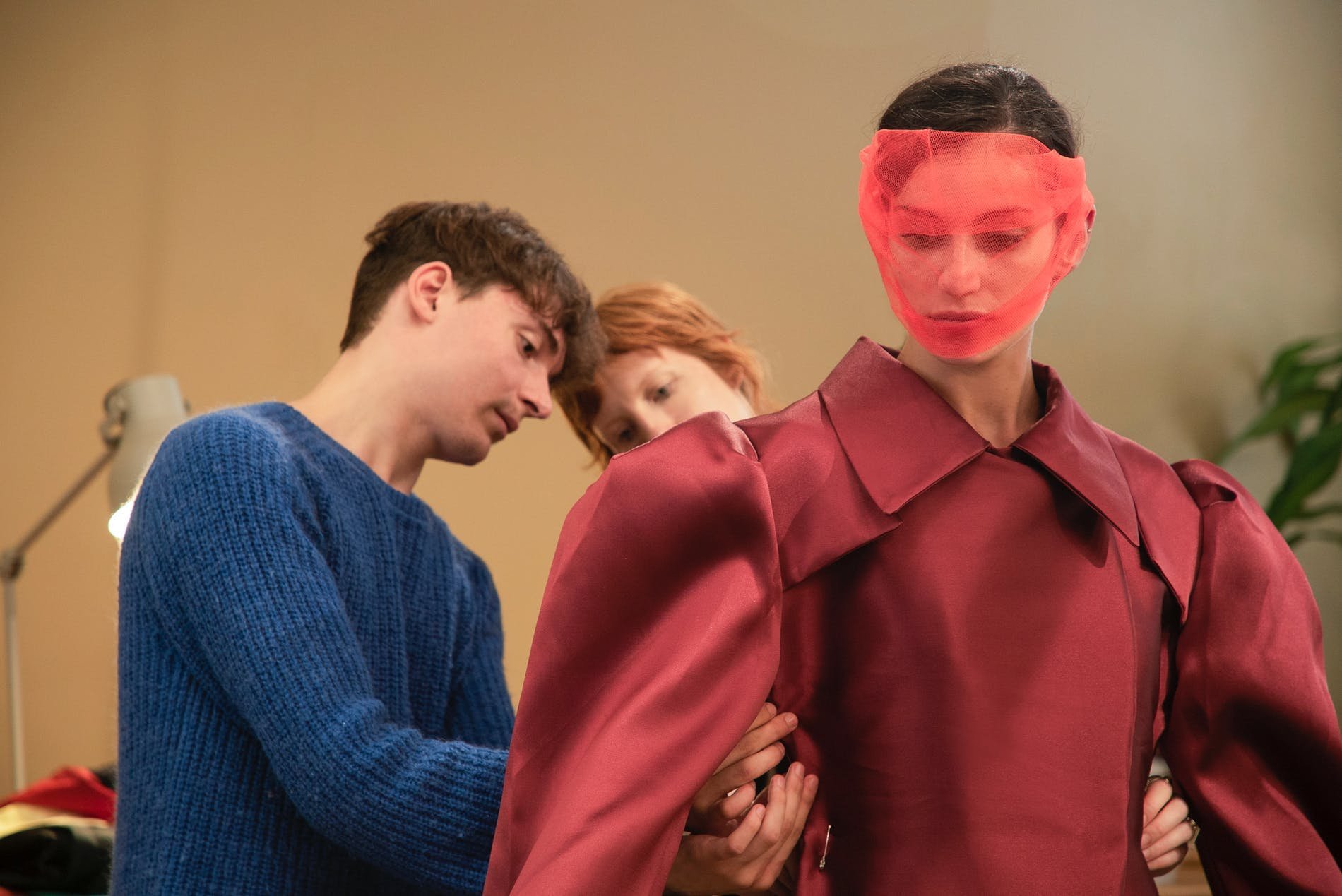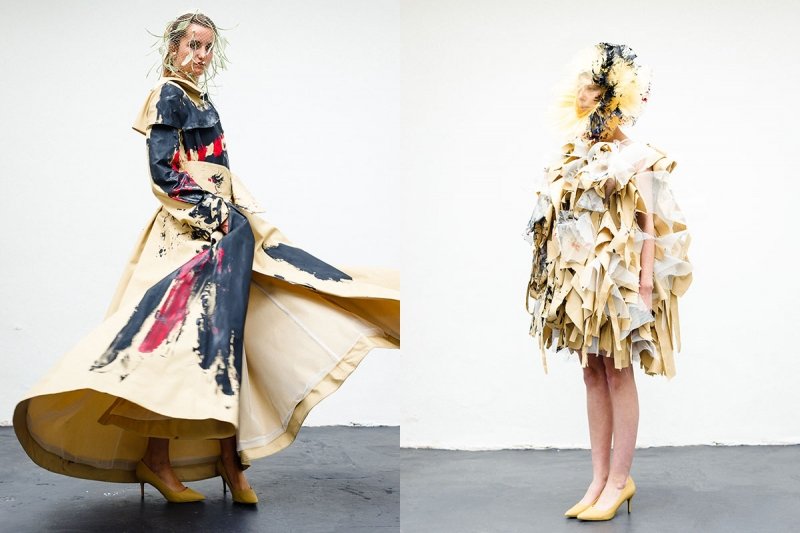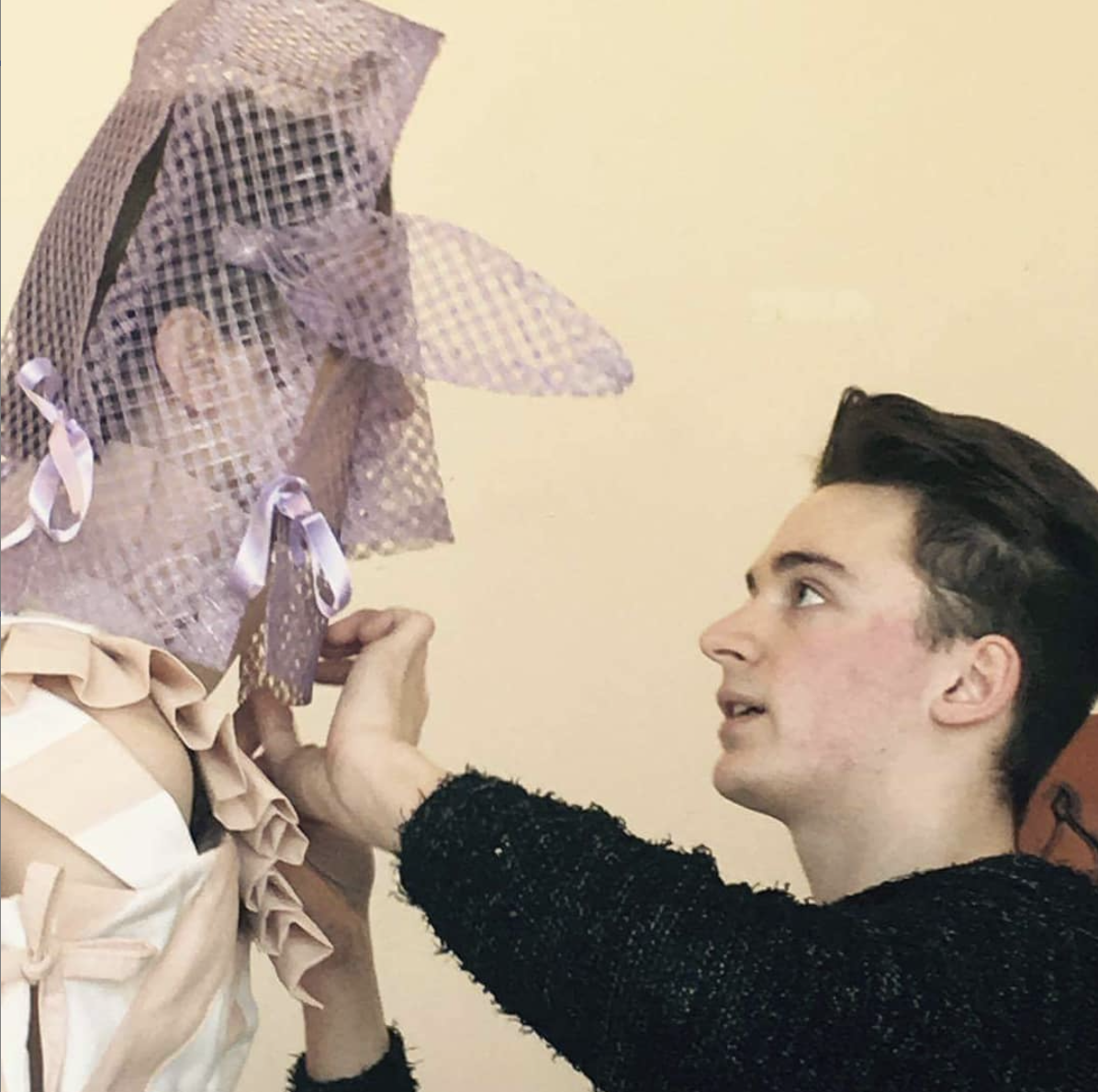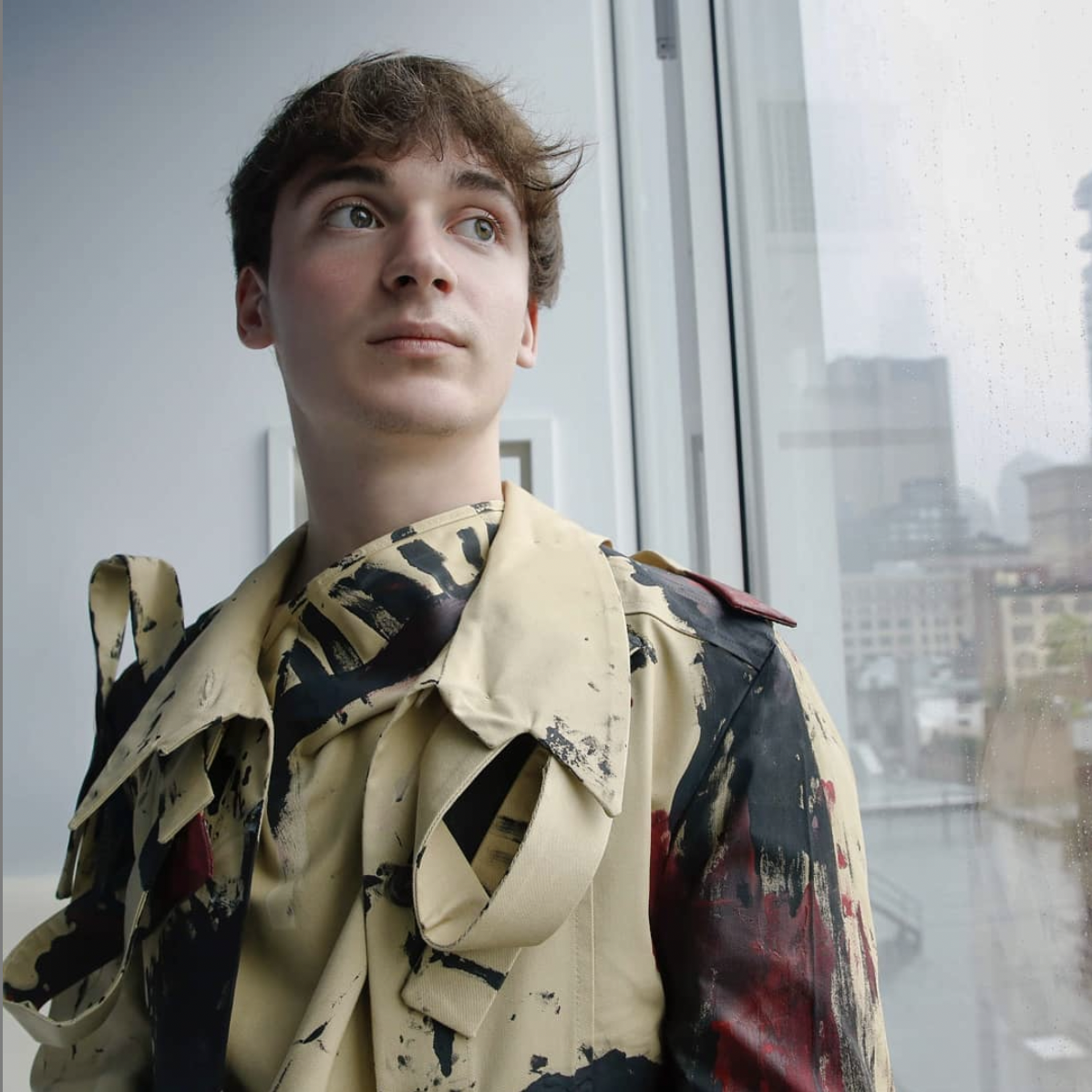Berlin, 2026 — Europe’s fashion sector is at a turning point. But what needs to happen for this transformation to succeed? This question lies at the heart of the Report on the Needs of the European Creativity-Driven Fashion Industry 2025, released today by the European Fashion Alliance (EFA).
The landmark analysis maps the challenges, opportunities and structural requirements of Europe’s fashion ecosystem, with a particular focus on small and medium-sized enterprises (SMEs) — the backbone of the sector.
“If Europe wants to lead globally, we must empower the creators shaping its future. This report sets the direction for that support and shows clearly where targeted investment, policy alignment and structural improvements are needed,”
says Scott Lipinski, CEO of Fashion Council Germany and Chairman of the European Fashion Alliance.
Drawing on in-depth qualitative interviews with 26 EFA members and insights from the previous Status of European Fashion survey, the report formulates concrete recommendations for EU institutions. Structured around seven thematic areas — Sustainability; Innovation & Digitalisation; Education & Skills; Communication & Distribution; Responsible Consumption; Systemic Support & a Level Playing Field; and Strengthening the Value Chain — it presents actionable proposals derived from structural gaps identified in the research.
Key findings include:
Only half of companies feel informed about upcoming EU regulations. Just 52% of surveyed businesses were familiar with the Ecodesign for Sustainable Products Regulation (ESPR), one of the sector’s most significant forthcoming policies.
A majority struggles to communicate their value in contrast to fast fashion. 66% of companies believe the fashion industry’s public image is “rather negative” or “negative”, making it harder for responsible European brands to differentiate themselves.
Based on these and other findings, the report outlines 63 recommendations to strengthen sustainability, innovation and systemic support across Europe. These include:
A European Fashion Hub — an EU-supported digital one-stop shop offering SMEs regulatory guidance, sustainability toolkits, funding information, mentorship and innovation resources.
Reduced VAT for certified sustainable materials, EU-harmonised sustainability certifications and reinforced support for local production.
EU-wide awareness campaigns promoting responsible fashion consumption.
Dedicated funding for creative-industry-specific R&D, circular business models and local, sustainable production.
A comprehensive economic study to quantify the true value and impact of Europe’s creative fashion sector.
“The creative fashion sector can be Europe’s strongest cultural and economic ambassador,”
states the EFA Board.
“With the right support, European fashion can become the global benchmark for sustainable, innovative and human-centred creation.”
Following the publication, EFA and its members will highlight selected focus topics from the report over the coming three months.
The full report can be accessed here: https://www.europeanfashionalliance.org
About the European Fashion Alliance
Founded in 2022, the European Fashion Alliance is the first transnational alliance of Europe’s fashion institutions. Bringing together 27 members across the continent, the EFA works to build a stronger, more sustainable and innovation-driven European fashion ecosystem.


















































